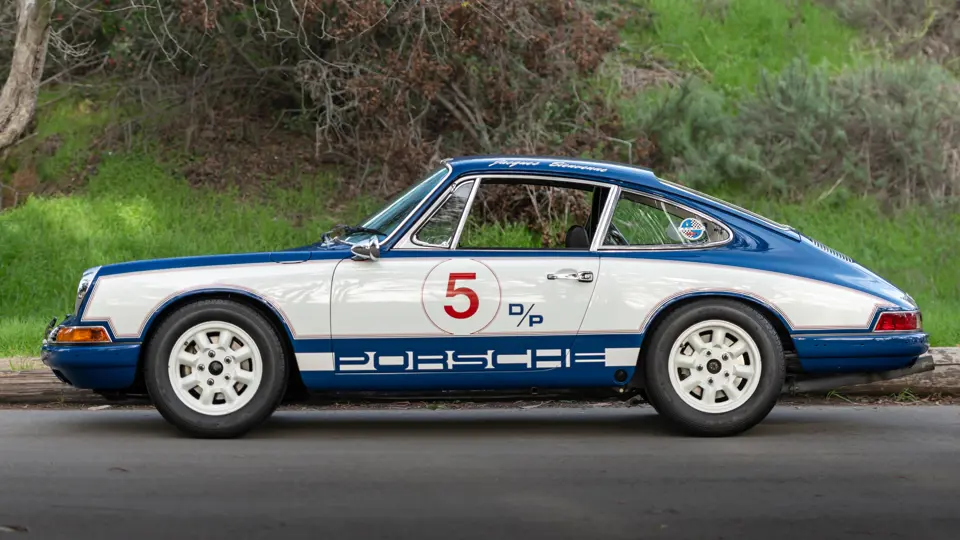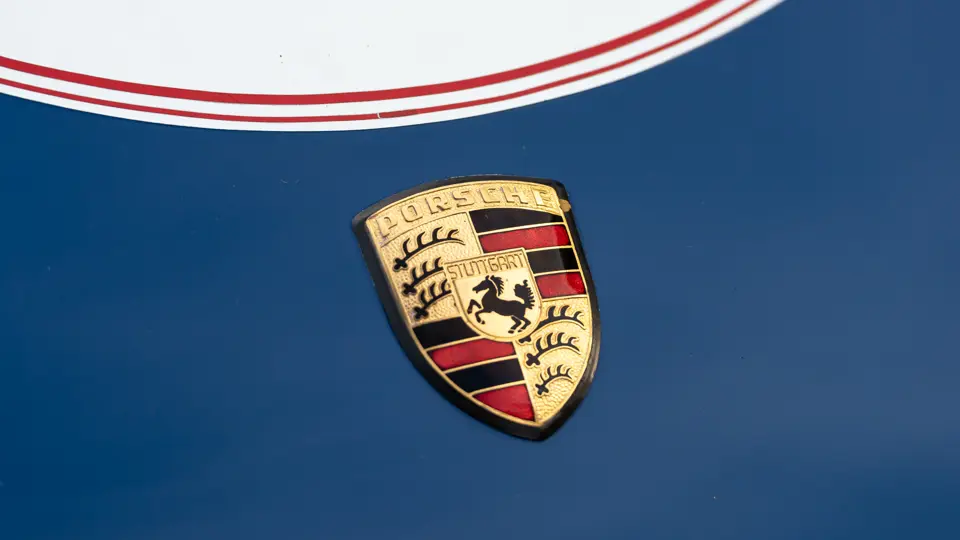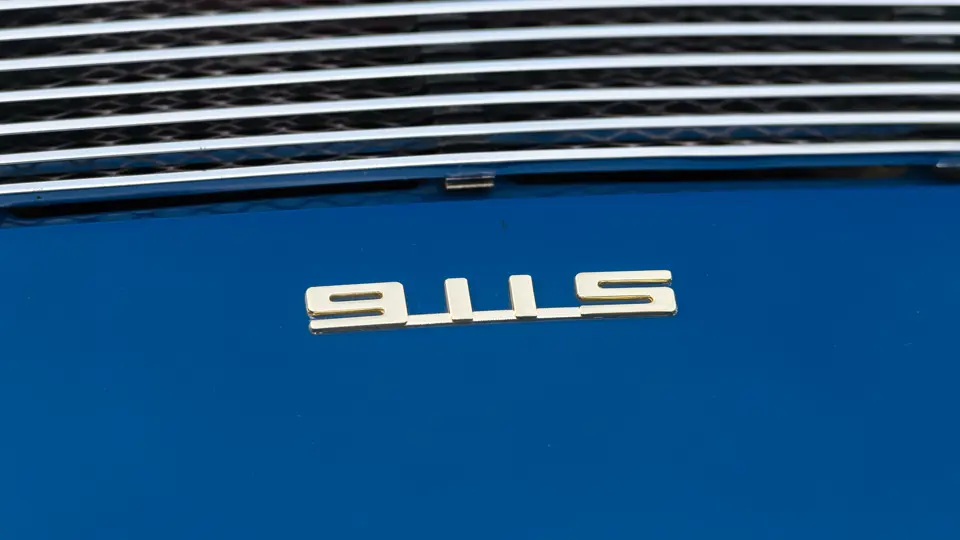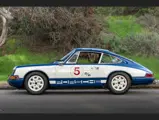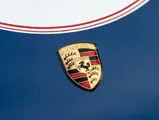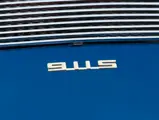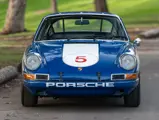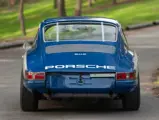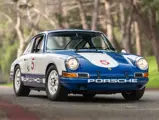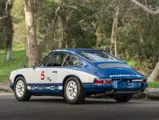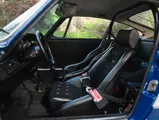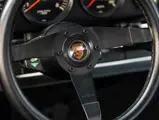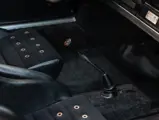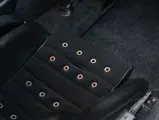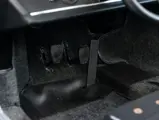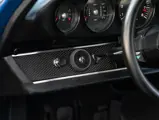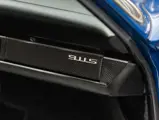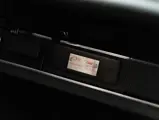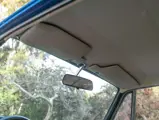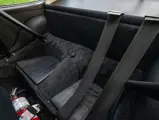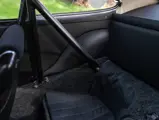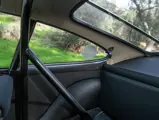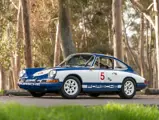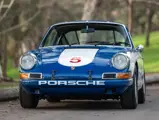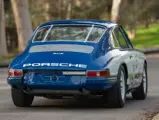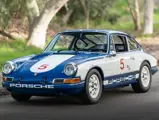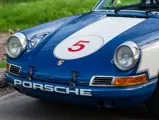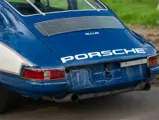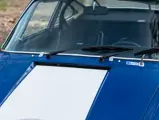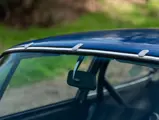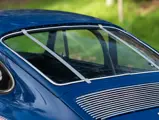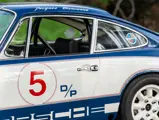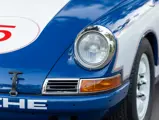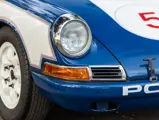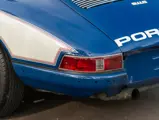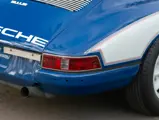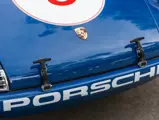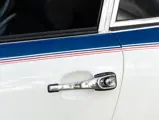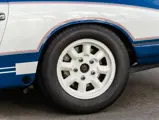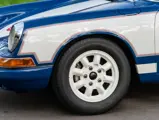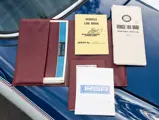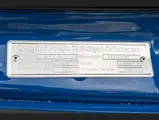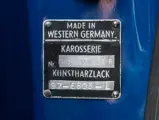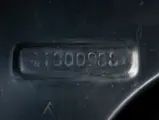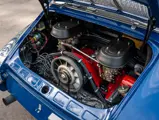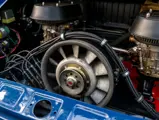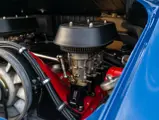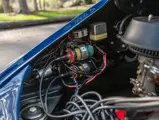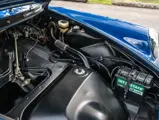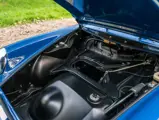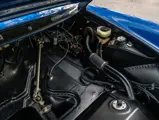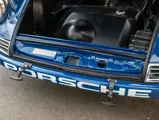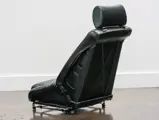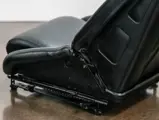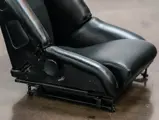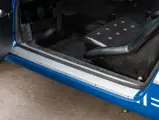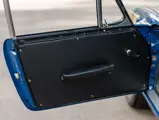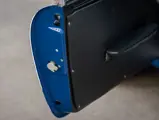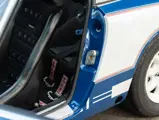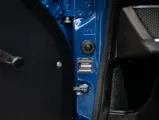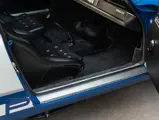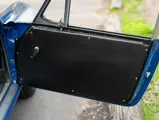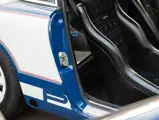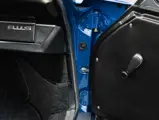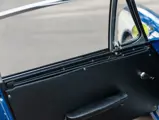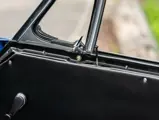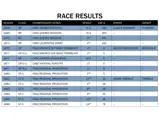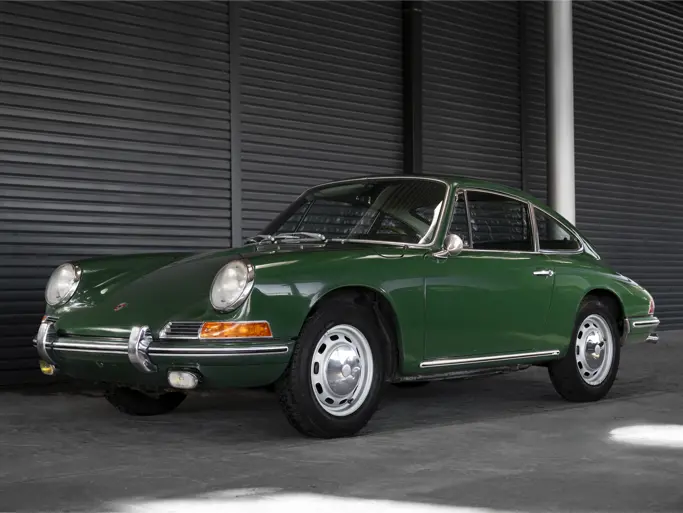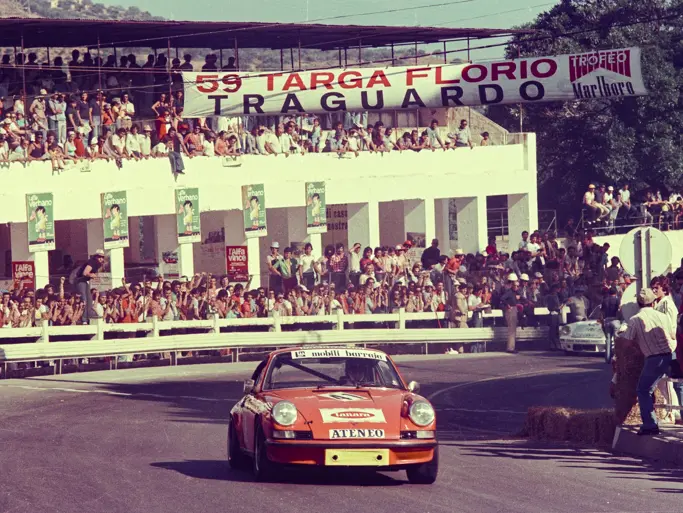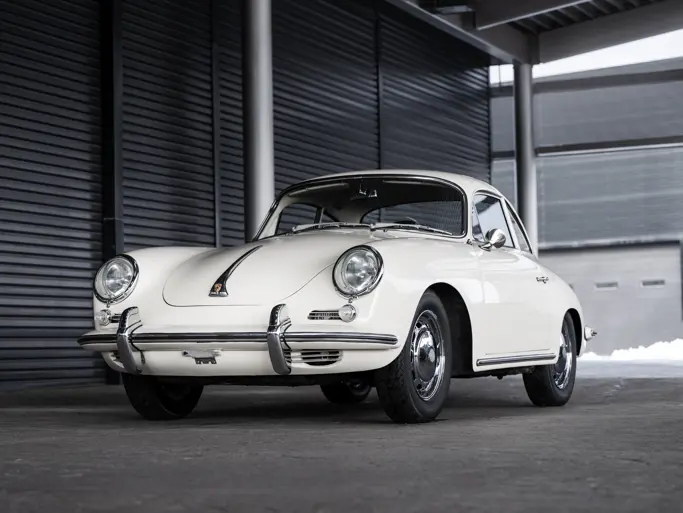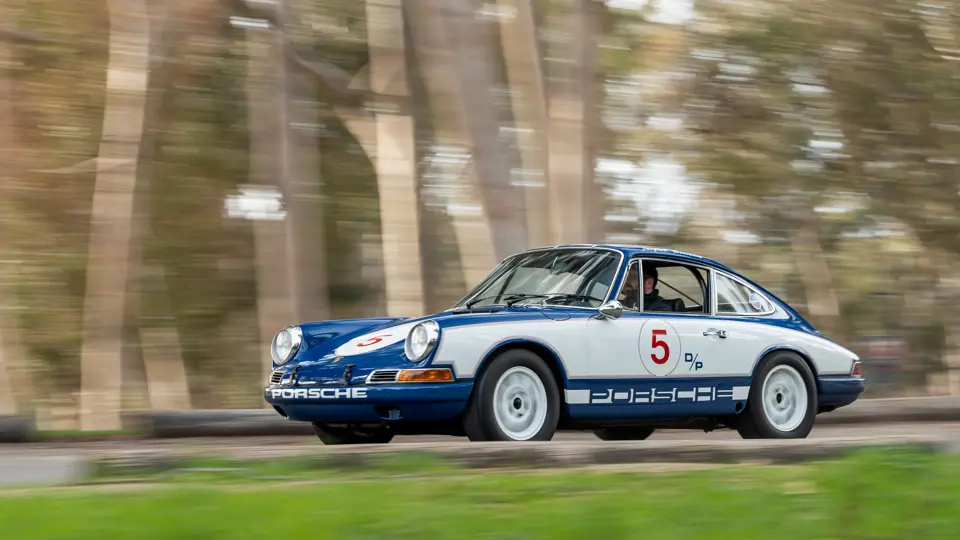
1968 Porsche 911 S Coupe
{{lr.item.text}}
$400,000 - $450,000 USD | Not Sold
{{bidding.lot.reserveStatusFormatted}}
- A factory-supplied “sports purpose” 911 S; an ideal candidate for continued vintage racing
- 1977 CASC National Champion with marquee Porsche endurance driver Jacques Bienvenue
- Benefits from a complete restoration in the early 1990s and presented in its 1977 Championship livery
- Powered by a 2.0-liter 901/02 “twin-plug” engine upgraded to 911 R-specification; completely rebuilt by Callas Rennsport in 2020
- Excellent provenance and racing pedigree, with known competition history since new
- Optioned with a single racing seat and other sports equipment, as noted on its Kardex
With their purpose-built and far-too-obvious 911 R project relegated by the FIA to run as a Group 6 Prototype, Porsche in late 1967 reorganized their homologation structure for GT-2 and GT-3 class racing. Entering the 1968 season, the company’s 911 T and 911 S models were newly approved to use the same range of engines. To support this reorganization, Porsche released the 60-page Sports Purpose Handbook, a wide-ranging catalogue of competition equipment to be ordered by racing customers. Some of these competition parts were familiar, others were revised, and many were entirely new—but all of them were FIA-approved. These “sports purpose” parts could be factory-supplied to new orders or installed by Porsche dealers upon preexisting customer cars.
As the handbook was updated over the next four years, customer T or S race cars were often thoroughly upgraded beyond their original (if any) “sports purpose” specifications provided by the factory. Such was the case with this 911 S. Boasting extensive documentation and even better provenance, chassis 11800988 is certainly one of the winningest Canadian-run privateer Porsches from the period.
The Montreal-based racing enthusiast and itinerant SCCA competitor Claude Humbert took receipt of this special-ordered 911 S on 7 June 1968 via his local dealer, Auto Hamer Porsche. Specified in Ossi Blue over black leatherette, Humbert further required his order to be fitted with a specific single Recaro sport seat (yet with two sets of safety belts), front stabilizer bar, extended-range fuel tank, limited-slip differential, Talbot mirror, Dunlop tires, and five-speed transmission with removable second gear cluster.
Though unrecorded on its factory Kardex copy, period racing photographs and Humbert’s sales ad for the car clearly illuminate additional, significant modifications grafted directly from Porsche’s competition handbook. Most interesting is Humbert’s mention of “lightweight” option codes 9541 and 9542, which altogether deleted the car’s cabin soundproofing and chassis undercoating. A note in the car’s original warranty book states that the factory warranty was voided due to the lack of undercoating, confirming that at least this one option was from the factory despite not being noted on the Kardex. Humbert strictly used this 911 S for an extensive regimen of endurance racing undertaken during the summers of 1968 through 1970 during which he, rather incredibly, accrued more than 35,000 miles of seat time.
Humbert’s best result with the car came on 14 September 1969, during the CASC Quebec Regional Molson Trois-Rivieres Grand Prix. In this event, he finished 3rd behind two other racing 911s run by perennial Quebecoise champions Jacques Duval and Jacques Bienvenue. In fact, it was Bienvenue, one of Canada’s premier endurance motorsports drivers who—recalling the pesky Ossi Blue form that followed closely in his rearview mirror that day—became its very next owner on 16 June 1971.
Bienvenue was a regular on the world motorsports stage, contesting top-tier endurance events for notable Porsche-powered teams such as Brumos, Heimrath Racing, George Dyer, and Bytzek Automotive. Over the next nine years, he successfully ran the car in regional and national Canadian GT-2 events, including notable victories at the 1973 and 1977 editions of the Mayor’s Cup held at Bienvenue’s home circuit of Mont-Tremblant.
In 1977, Bienvenue and this 911 S clinched the FASQ Regional D-Production Championship, as well as the CASC National Championship title within the same class. Never the flowery type, Bienvenue simply remarked to newspaper columnists that his steed was “an old 1968 Porsche that I purchased for $3,000 from a guy here in Quebec.” In 1980—his last competitive season with the car—he finished as runner-up within the FASQ Regional GTU-2 class.
In June 1981, Bienvenue sold the car (for a more significant sum than $3,000) to the up-and-coming racer Andre Thibault, who continued to use it in regional endurance events for the next four years. By 1989, the now-tired 911 S had been acquired by fellow racer Jacques Rivard, and fastidiously restored over the following four years to its “as-raced” specifications with important input from Humbert. Notably, the car’s current engine is a period-correct, magnesium-case Type 901/02 “twin plug” unit which was professionally upgraded to 911 R specifications during Rivard’s restoration. Meanwhile, it owes its exterior livery to Bienvenue’s 1977 championship-winning season with the car. Historic imagery accompanying the sale verifies many correct details throughout, including a set of magnesium Minilite racing wheels and interior roll cage with harness bar. Currently, it is fitted with two seats for more practical use on the road.
Passing from Rivard onward through the collections of several notable vintage racers over the following two decades, this remarkable 911 S “Sports Purpose” example was acquired by the Los Angeles-area consignor in 2007. Under their careful ownership, the car has benefitted from mechanical upkeep provided courtesy of marque specialist Callas Rennsport in nearby Torrance, California. Accompanying invoices show a complete rebuild of the car’s potent 2.0-liter 911 R-spec race engine in early 2020 and continued extensive servicing with Callas Rennsport to ensure the car was always ready to drive. Only limited non-track miles have been recorded since the restoration of the engine, transmission, and gear box.
Presented today in its most interesting “as-raced” configuration—which saw it claim victory in the practiced hands of one of Canada’s most in-demand endurance drivers of the day—this 911 S race car would be an ideal entrant to contest a great variety of top-level vintage racing events.
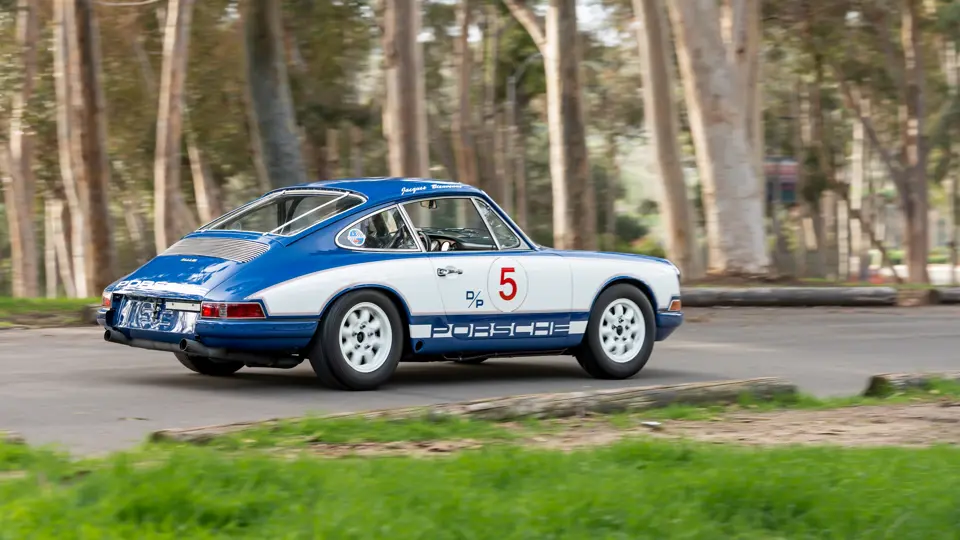



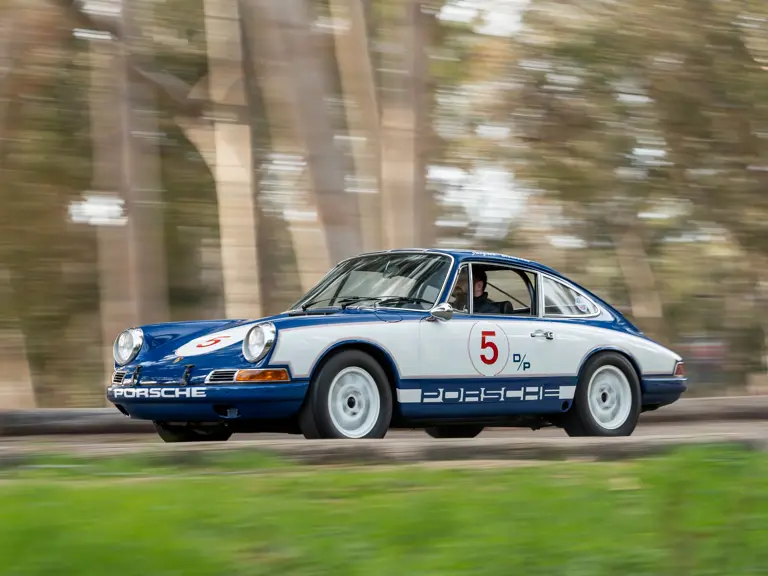
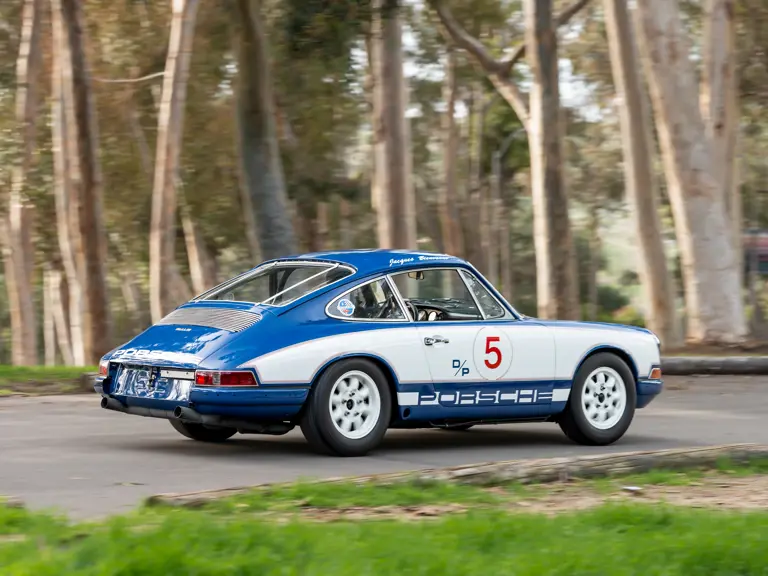
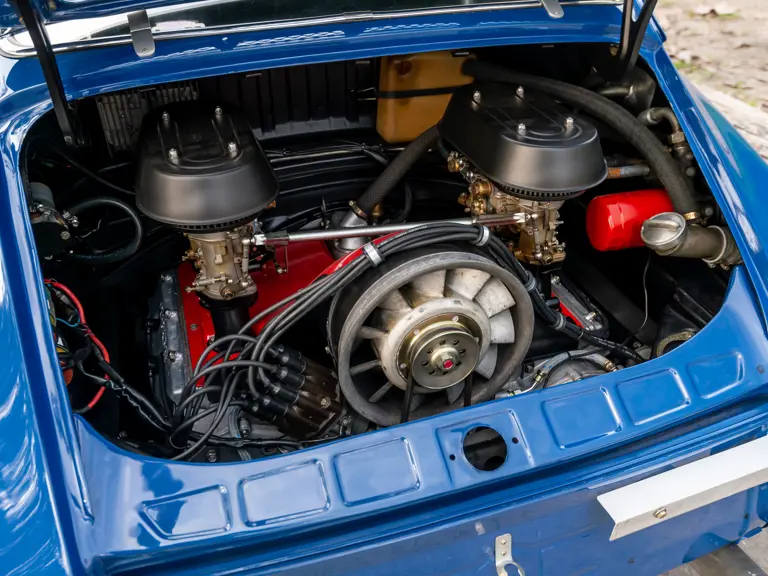
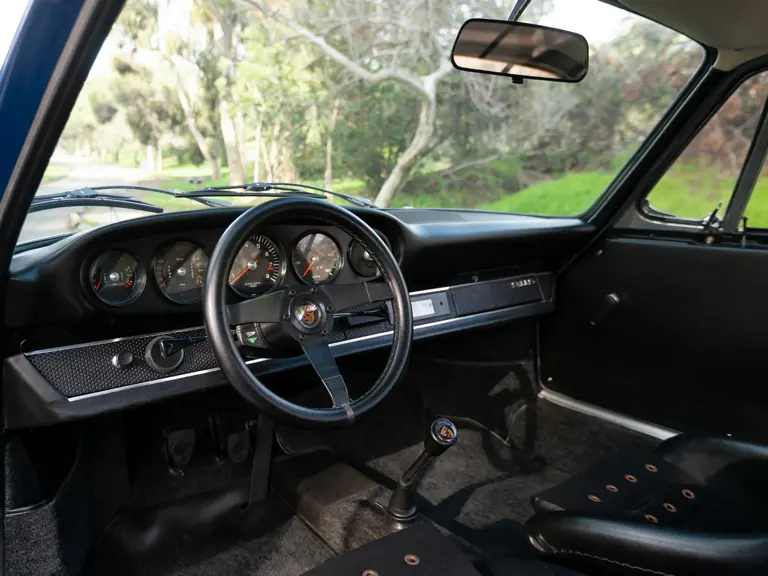
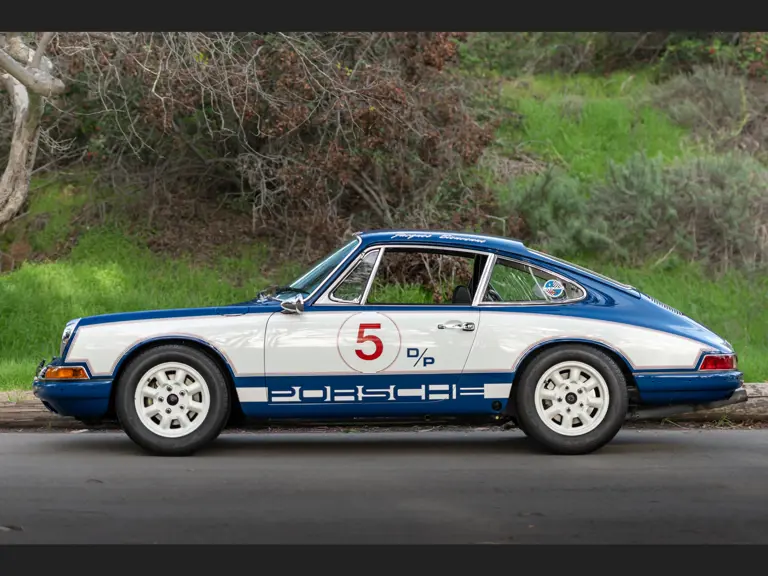
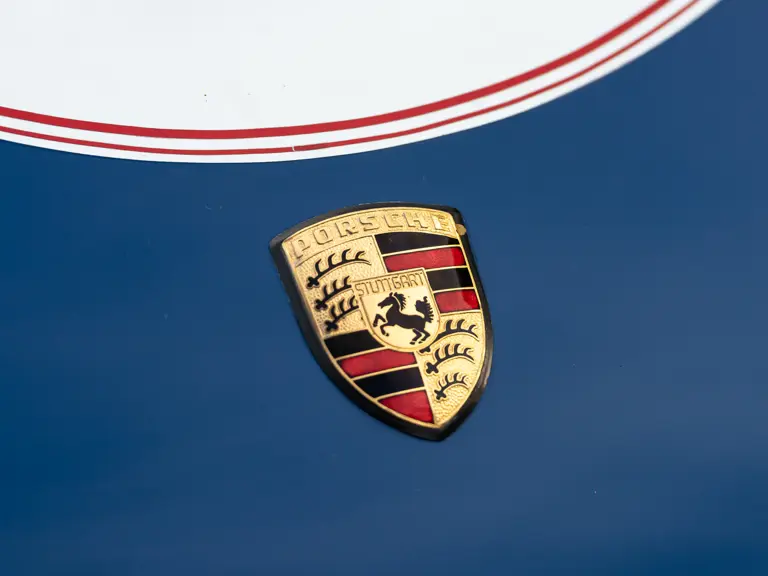
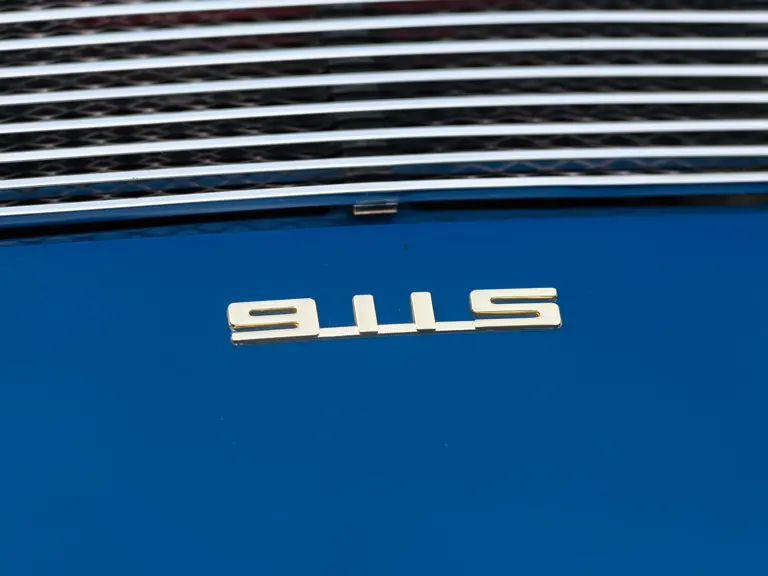
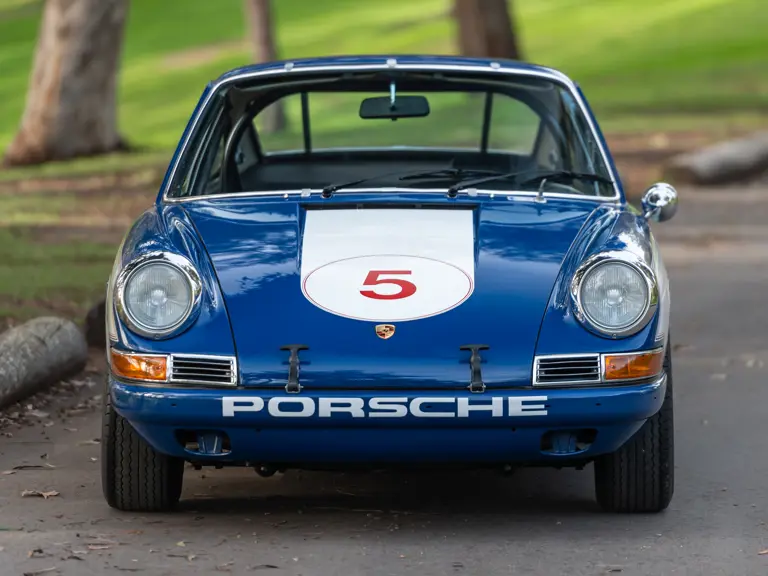
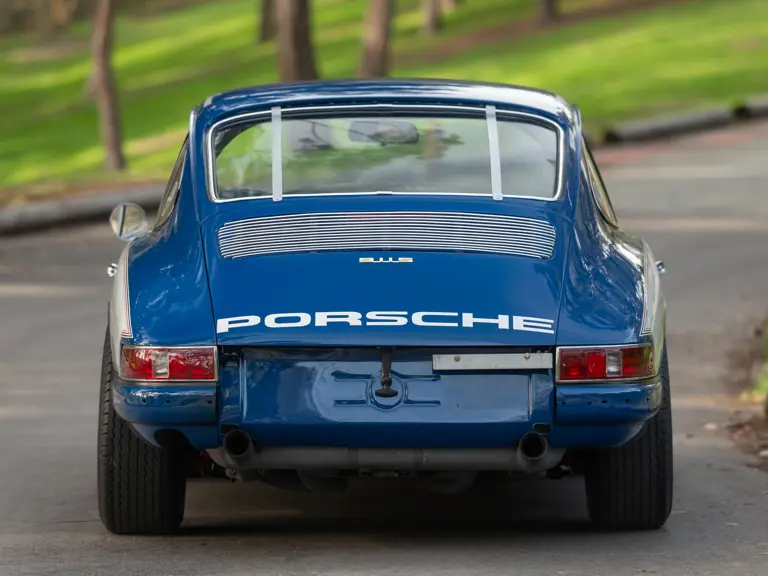
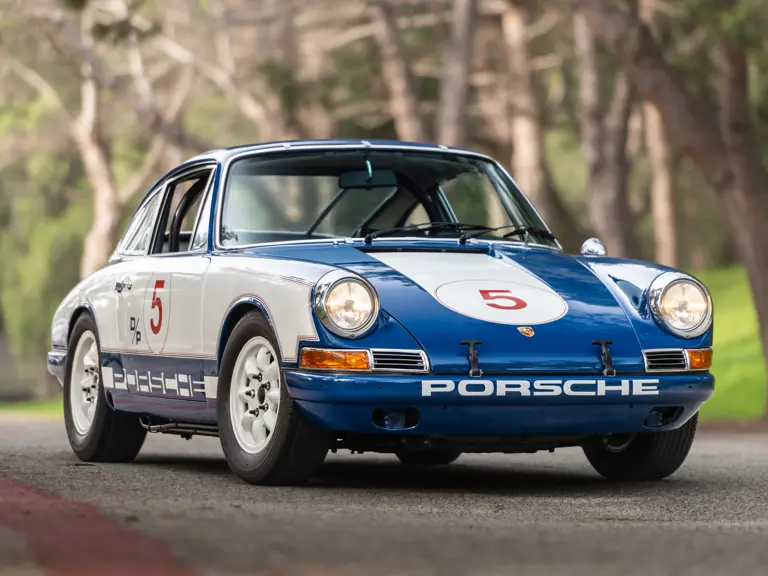
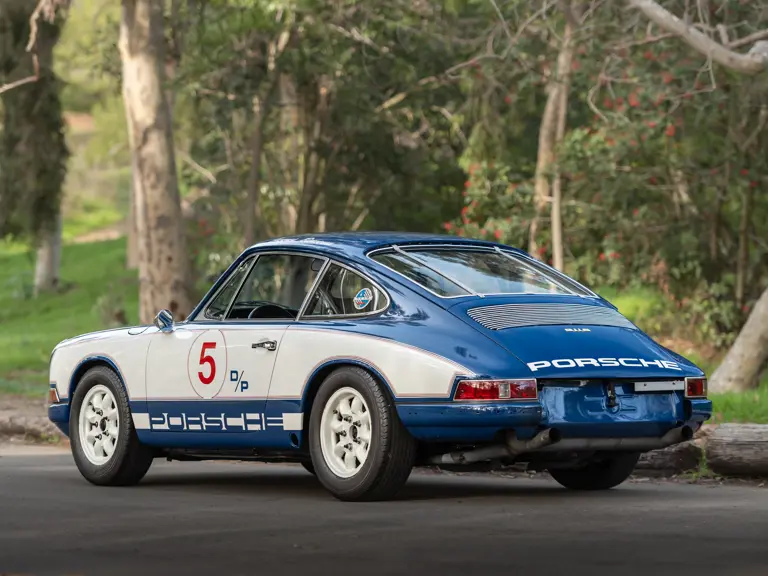
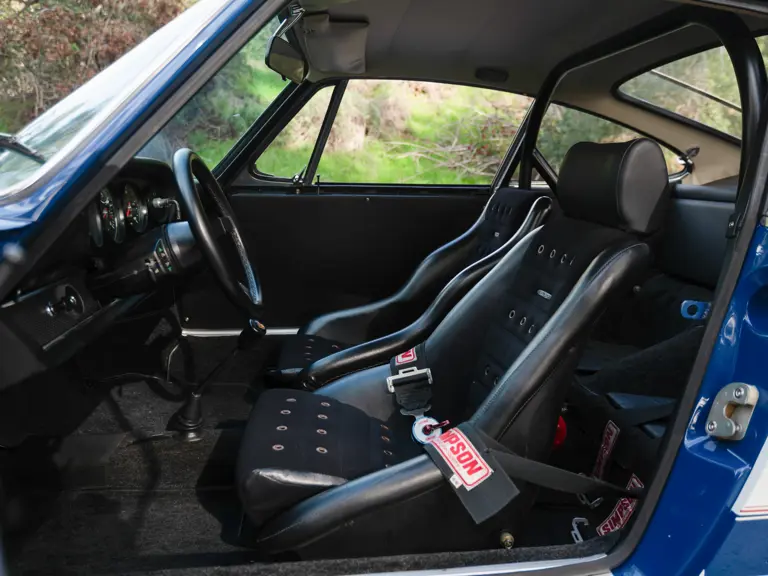
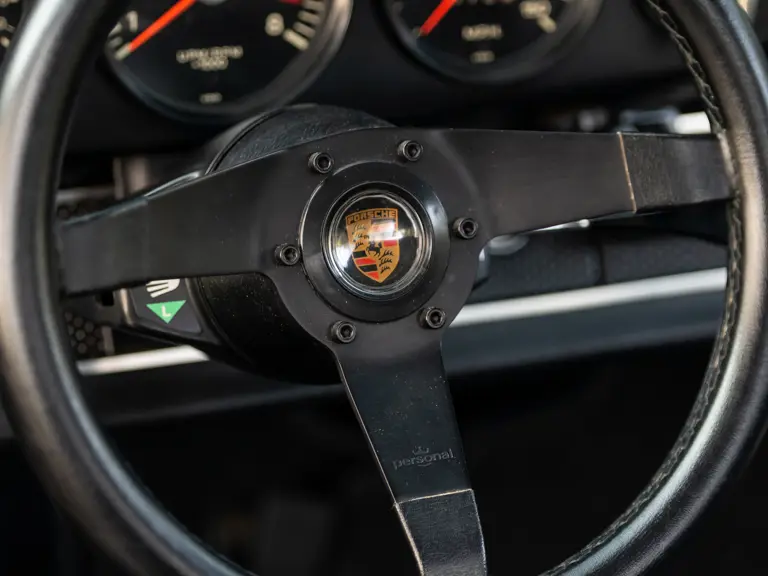
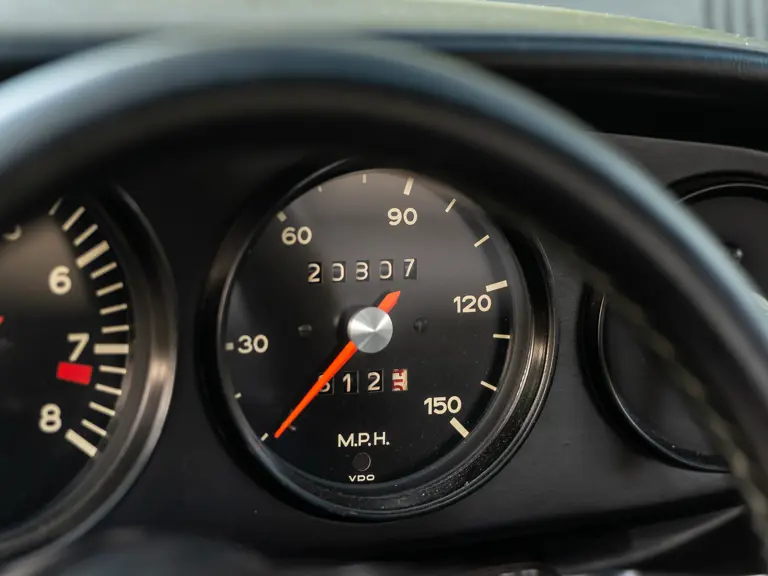
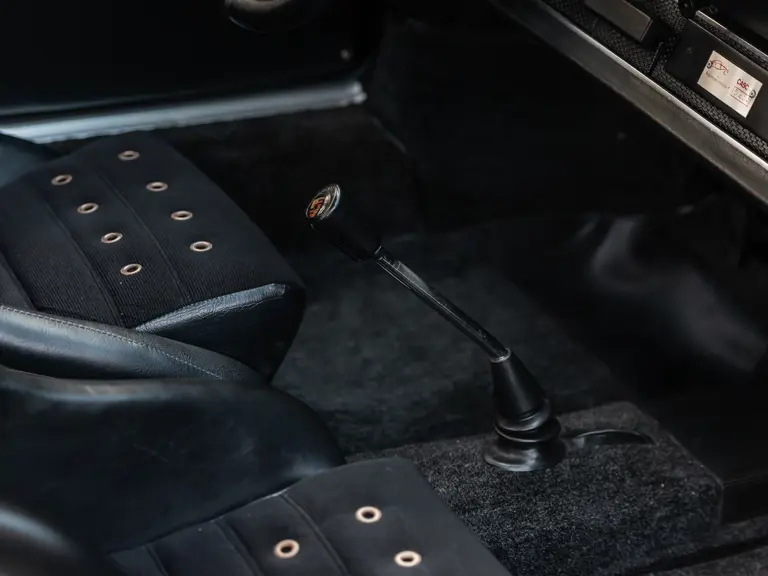
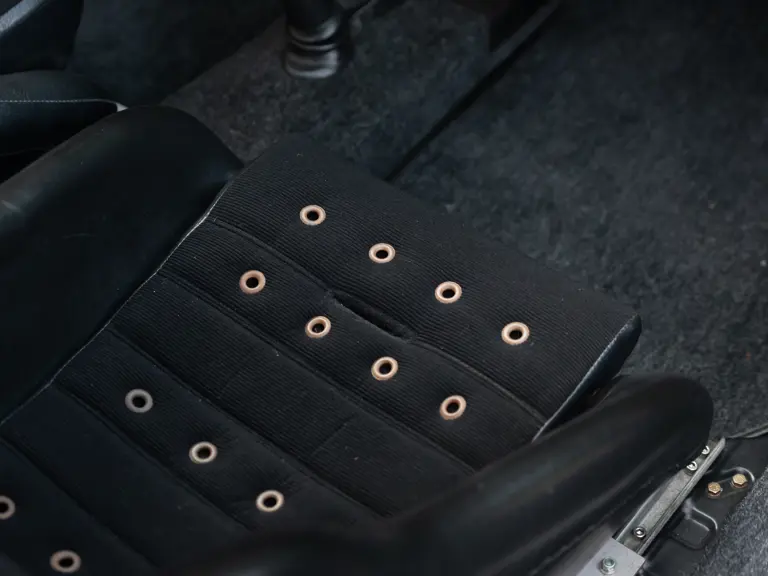

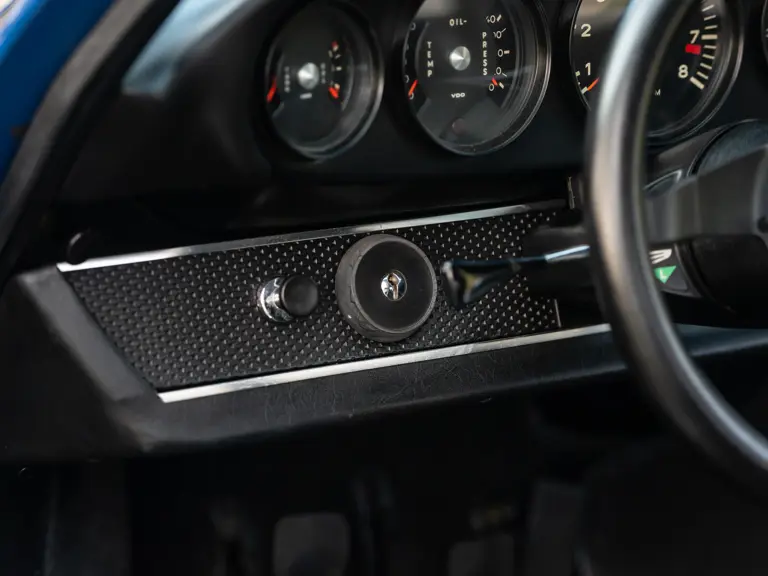
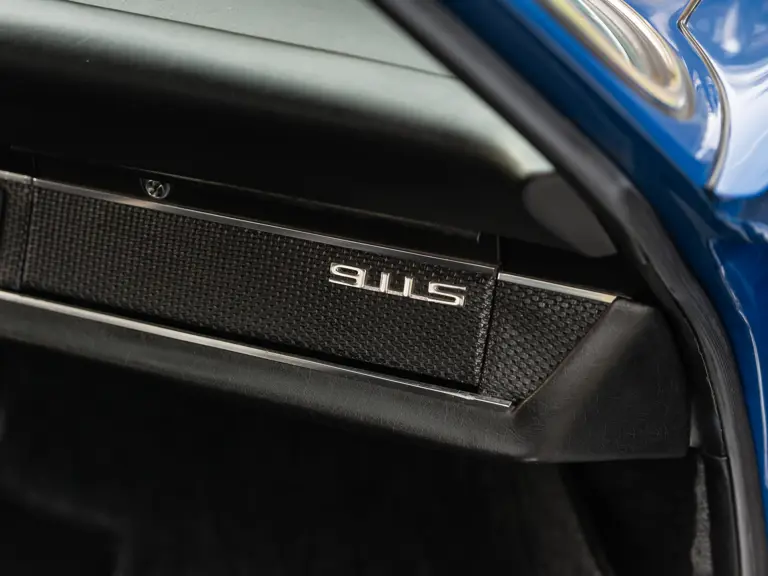
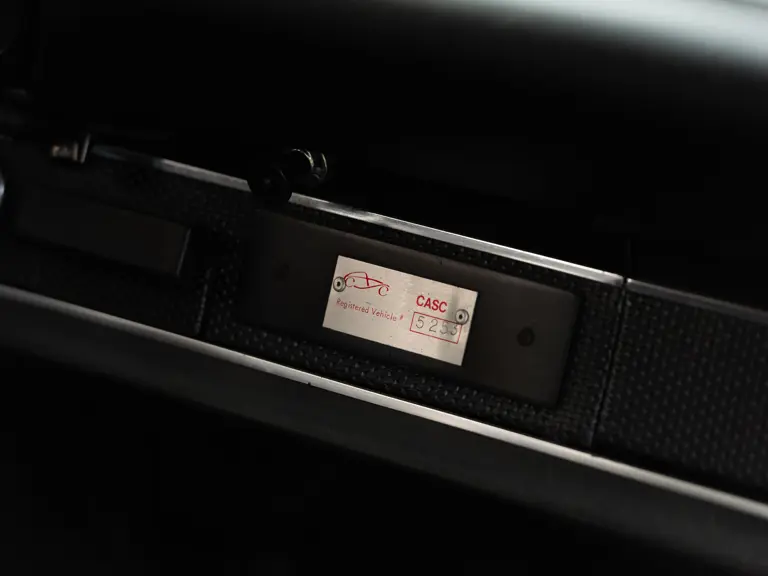
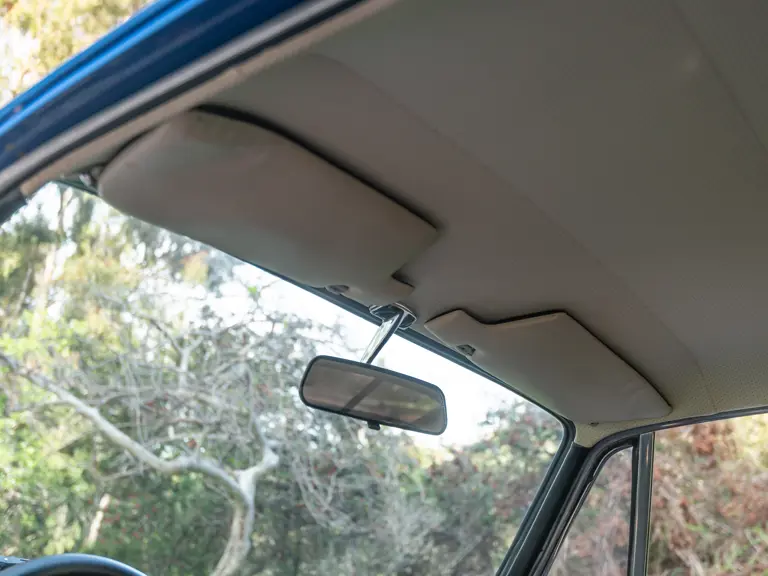
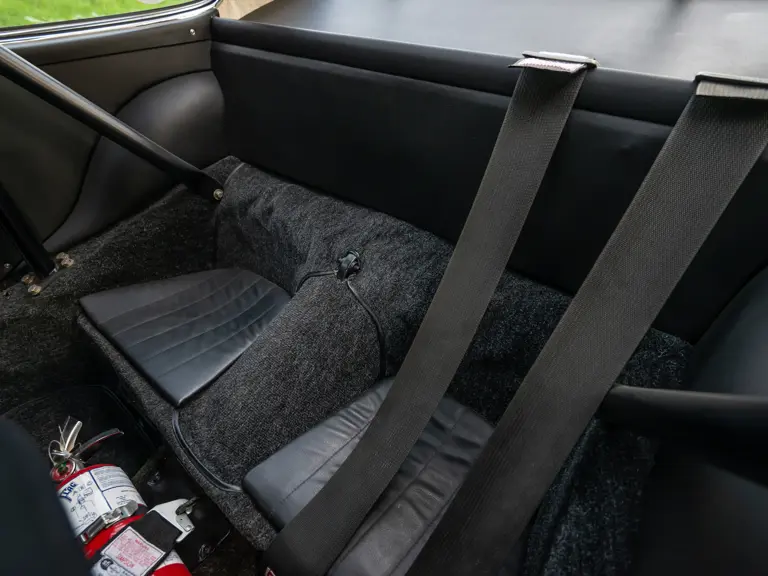
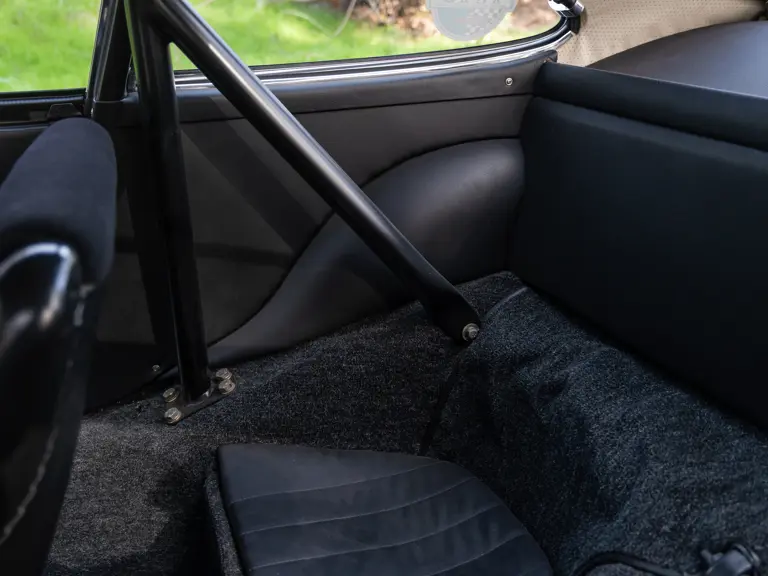
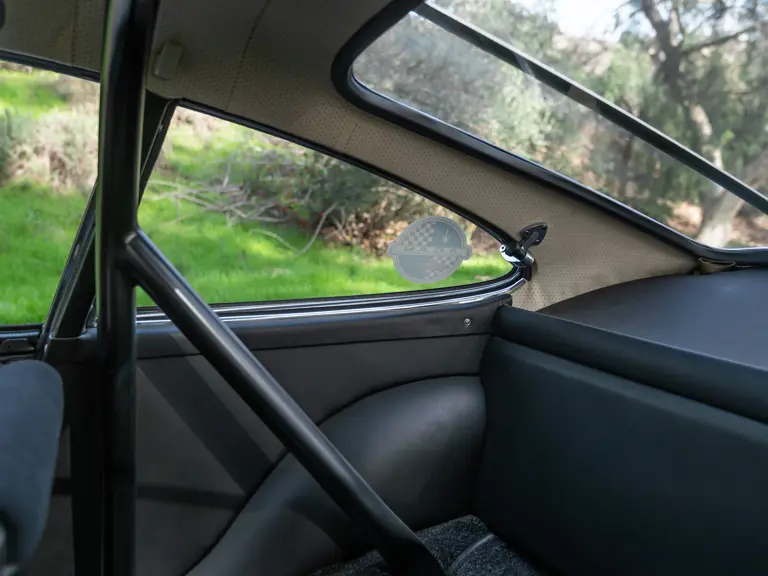
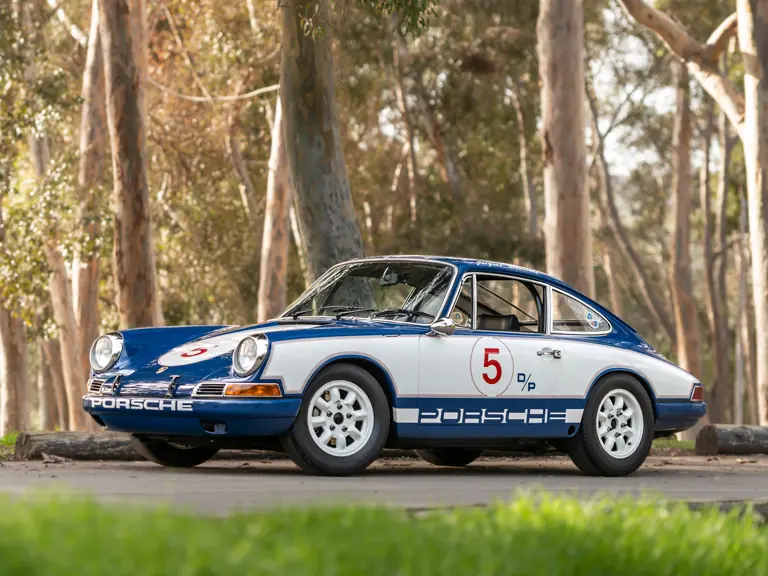
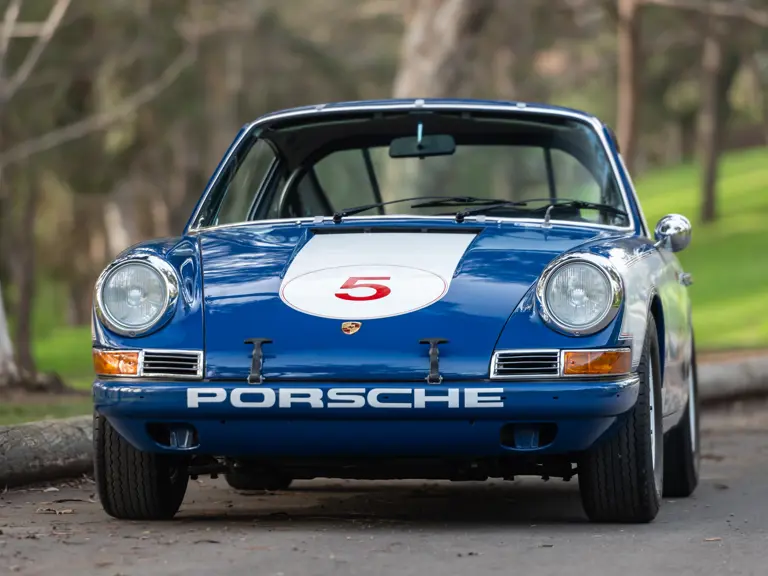
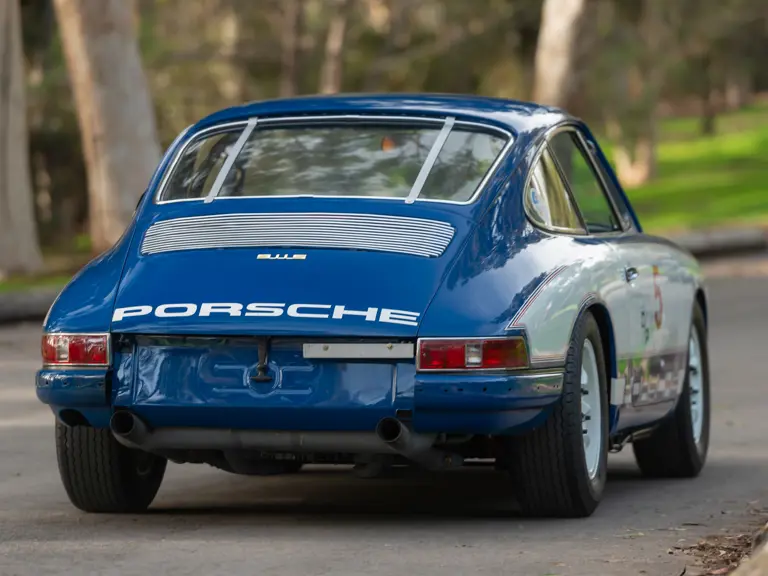
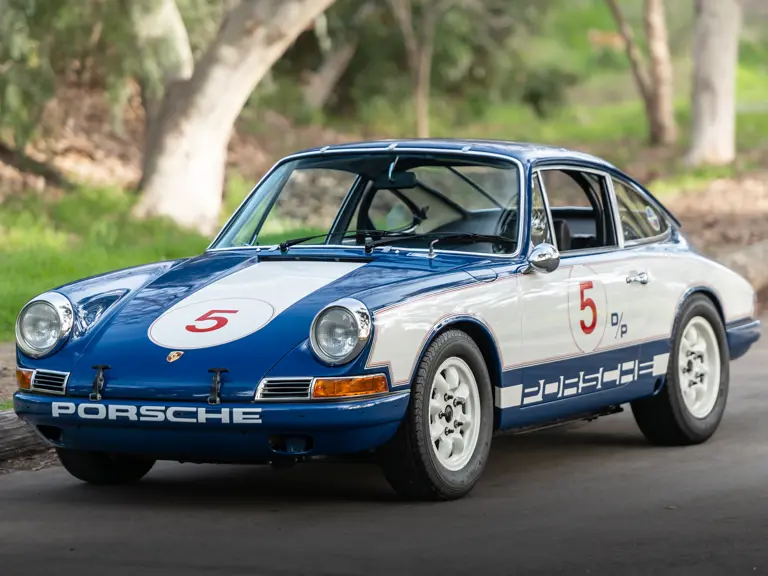
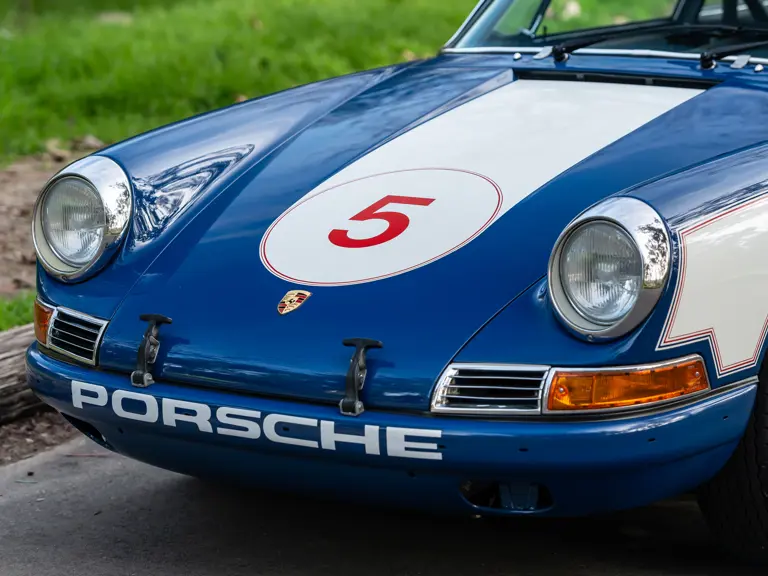
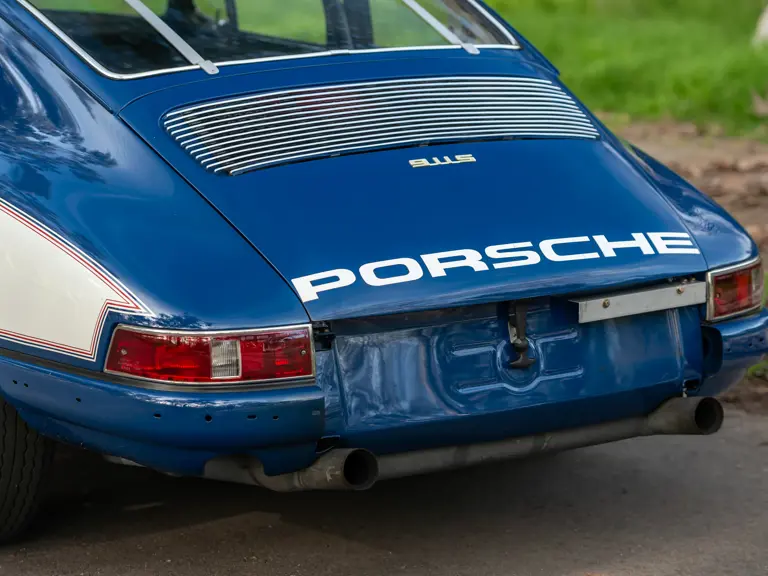
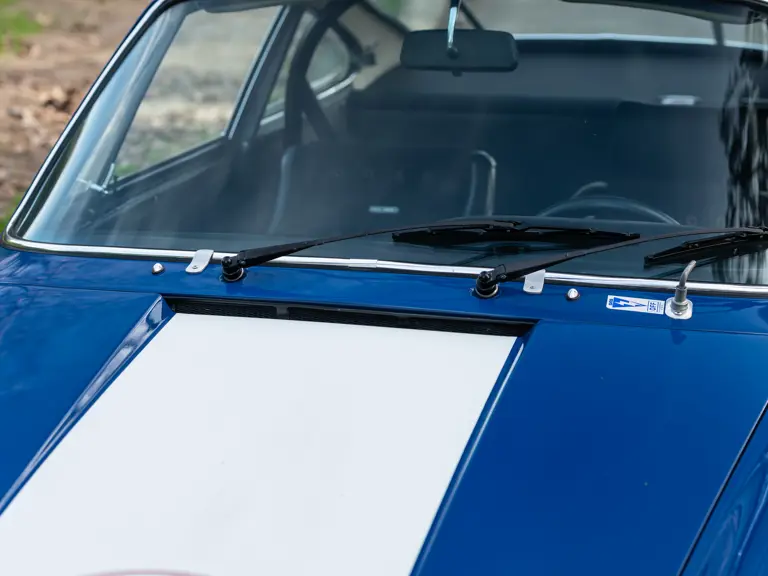
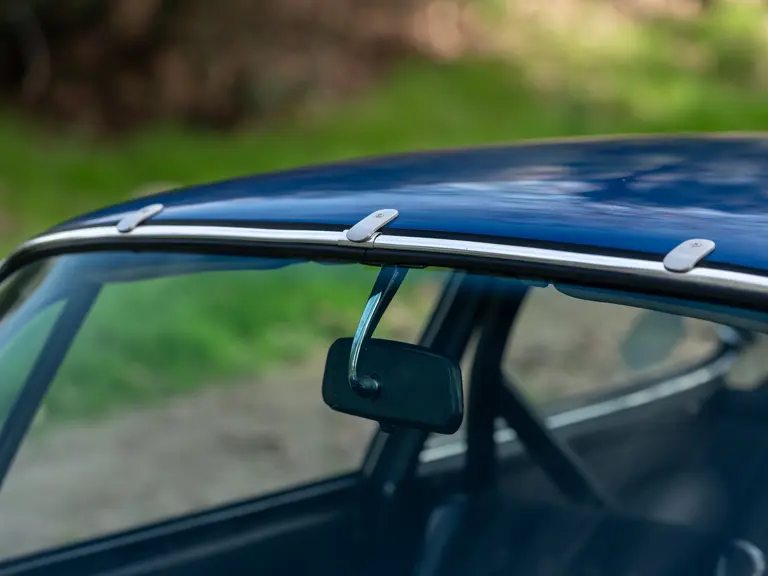
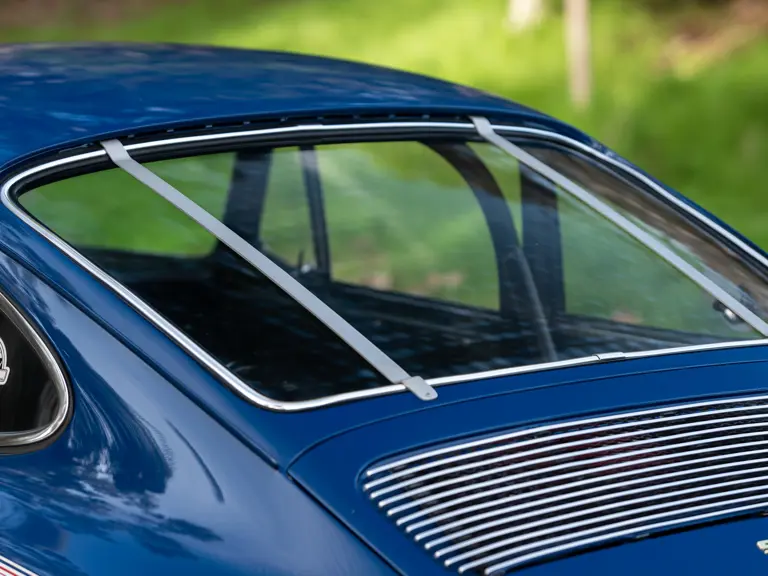
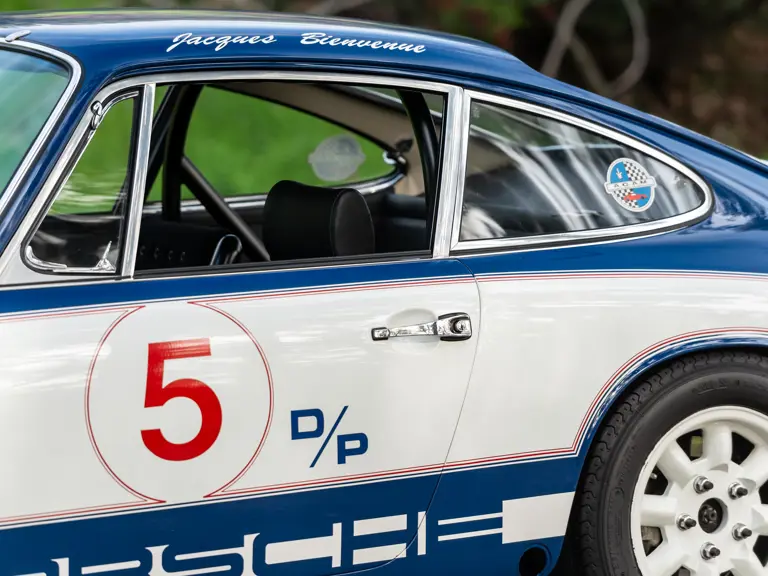
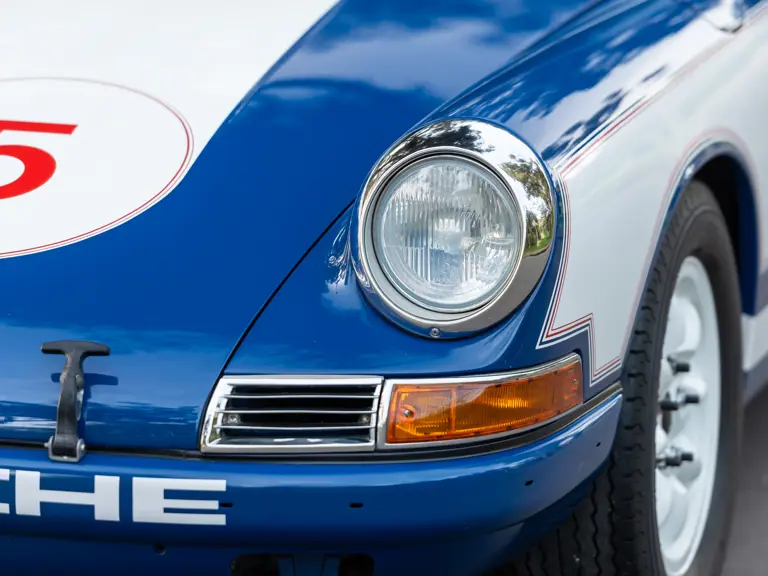
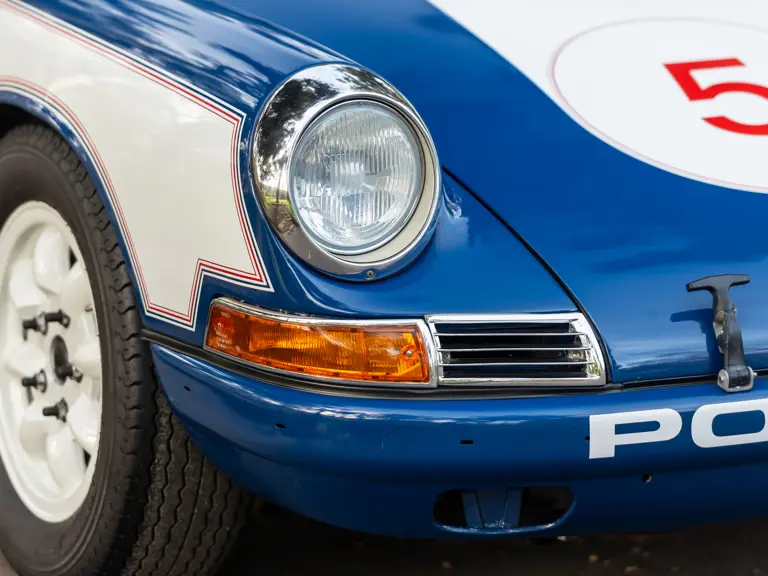
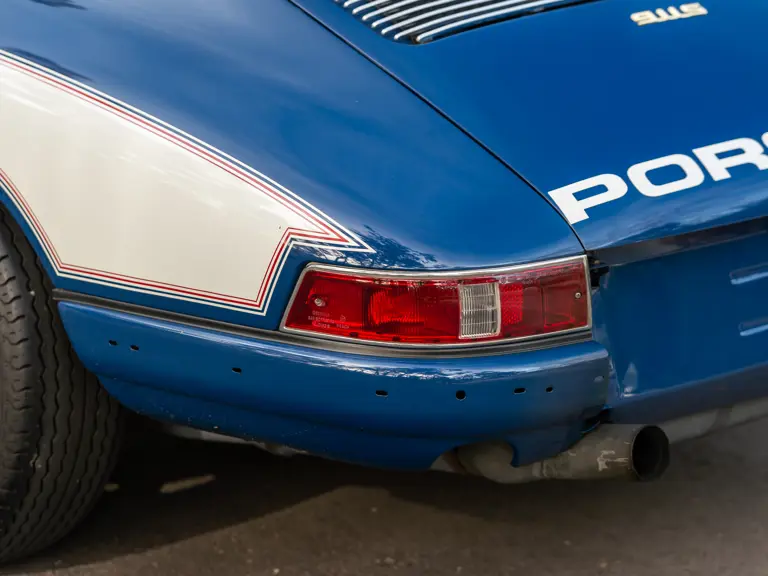
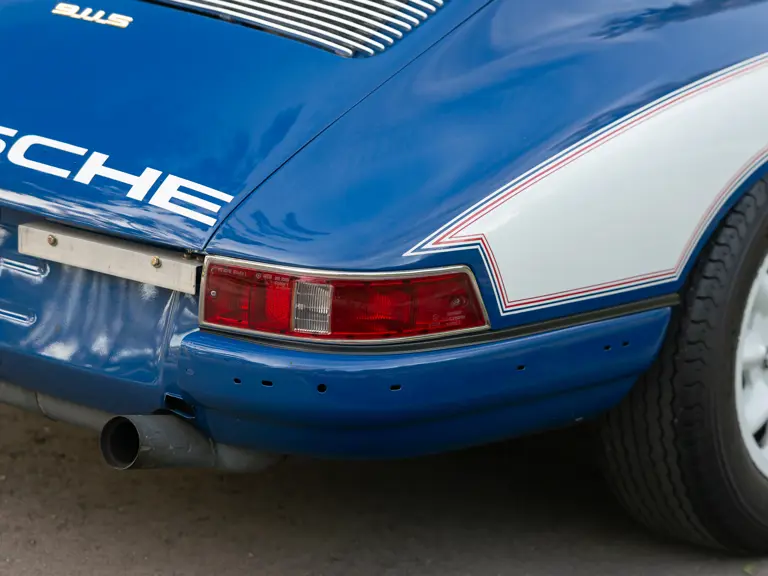
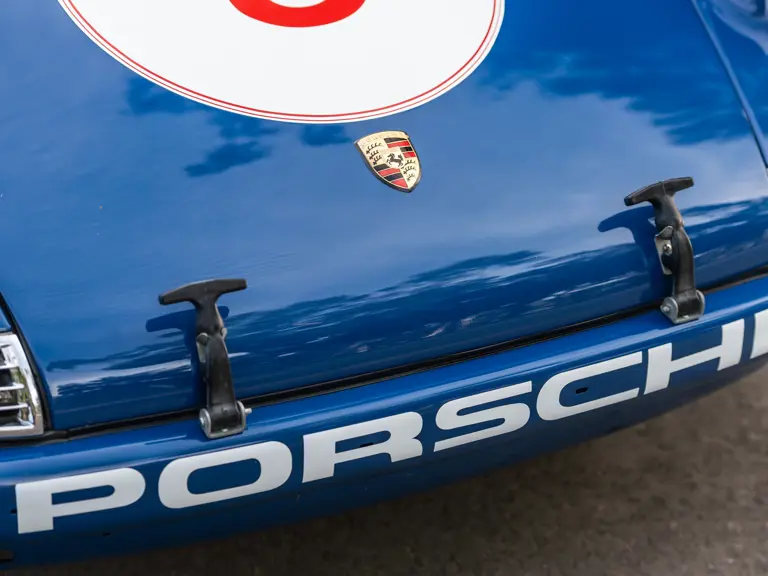
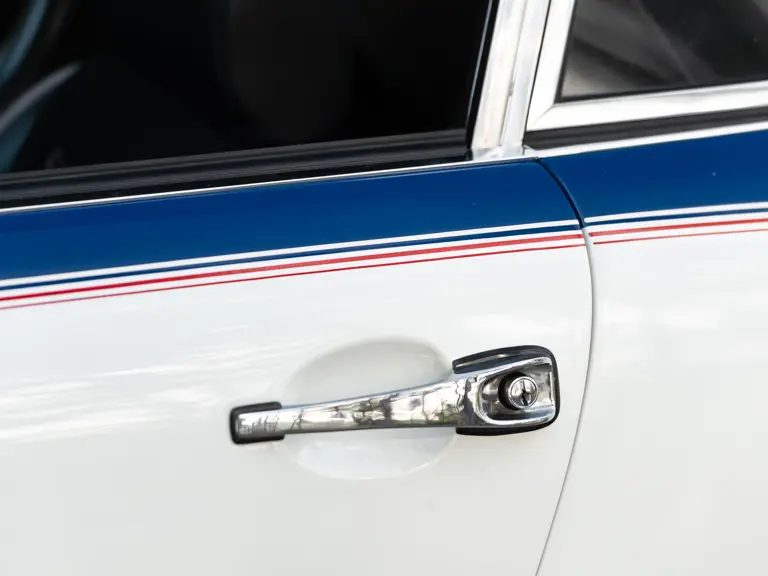
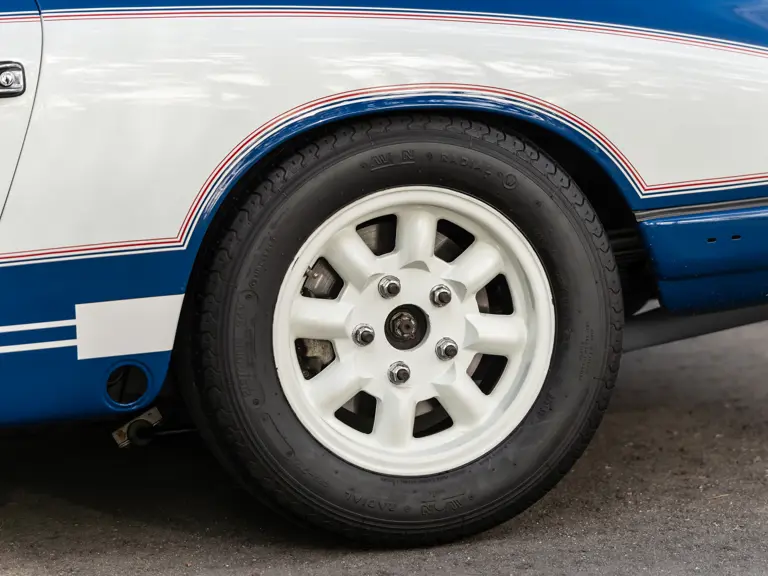
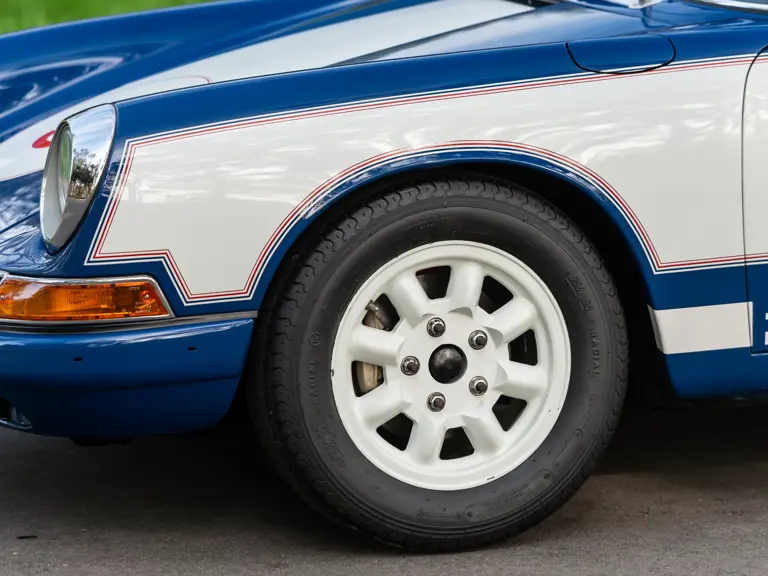
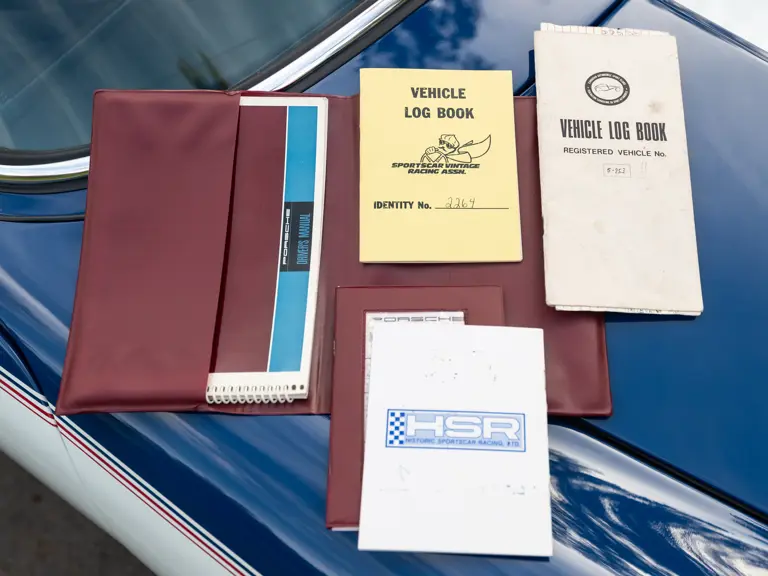
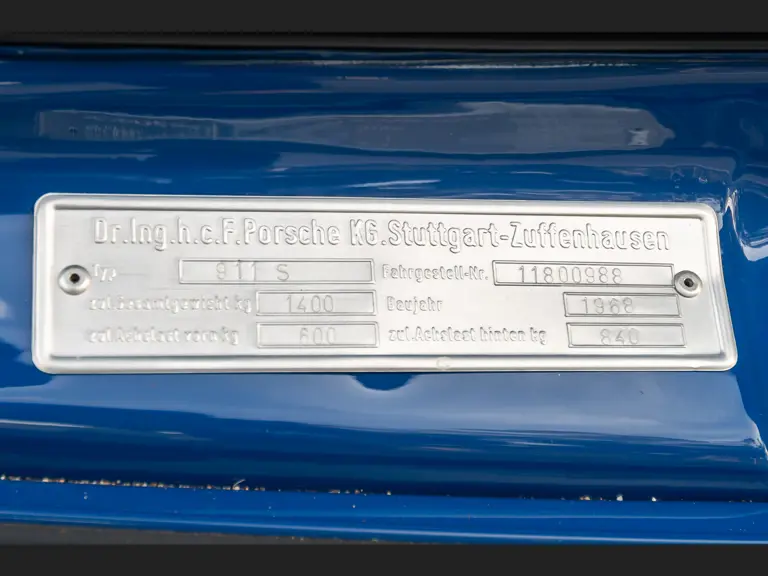
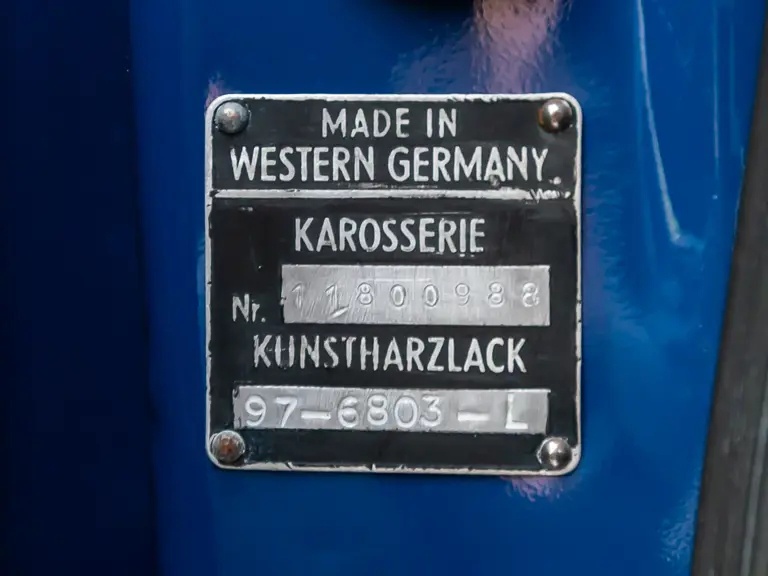
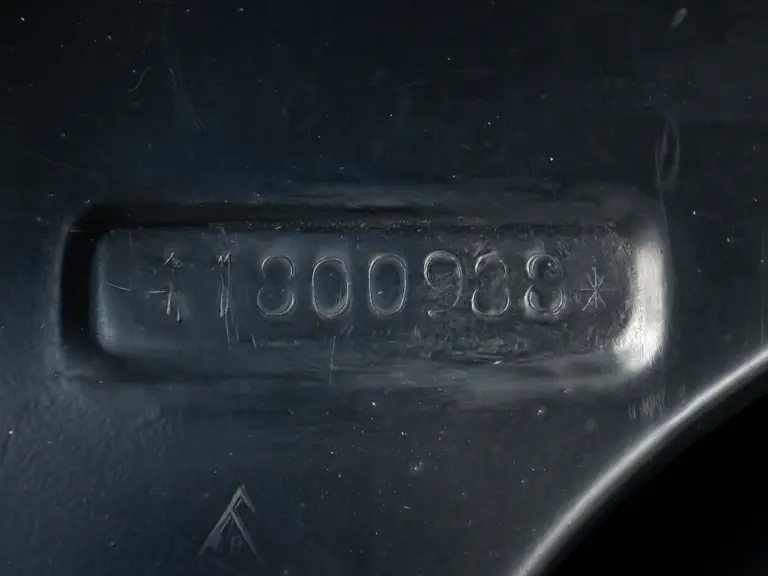
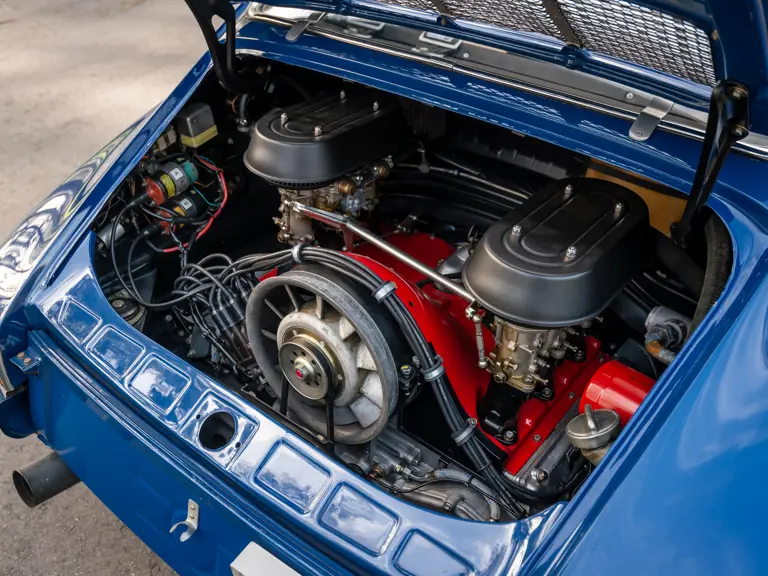
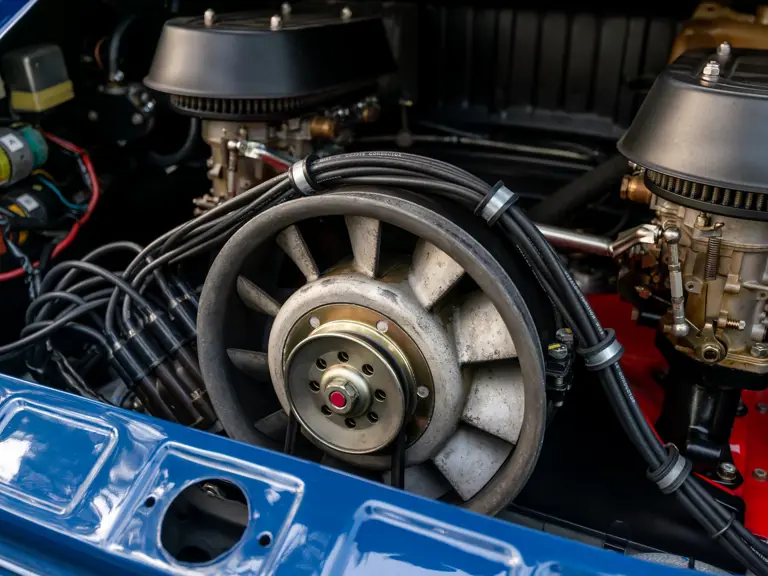
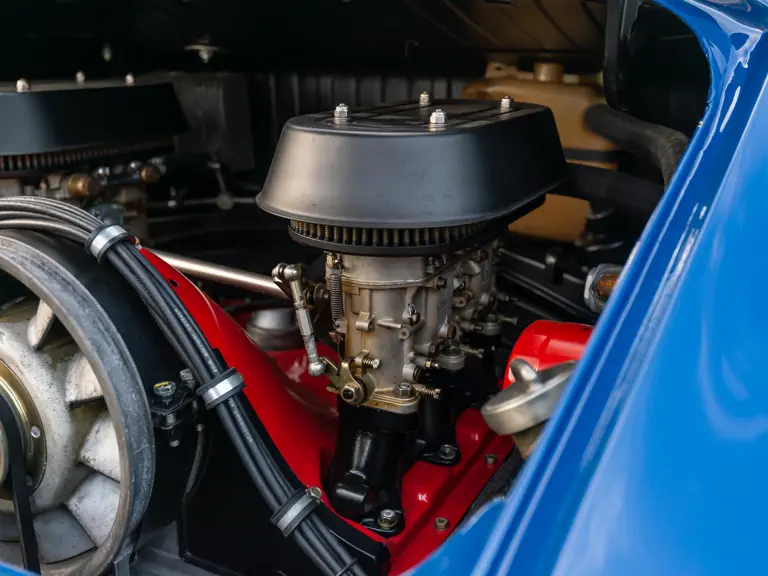
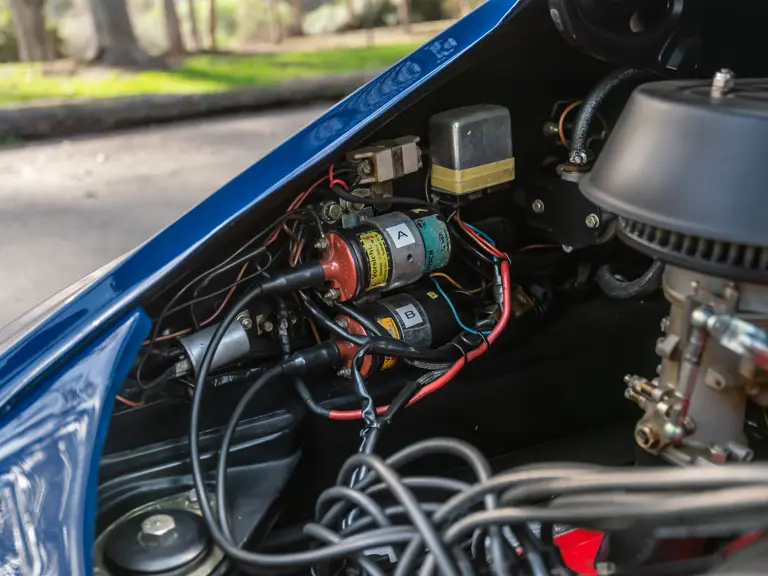
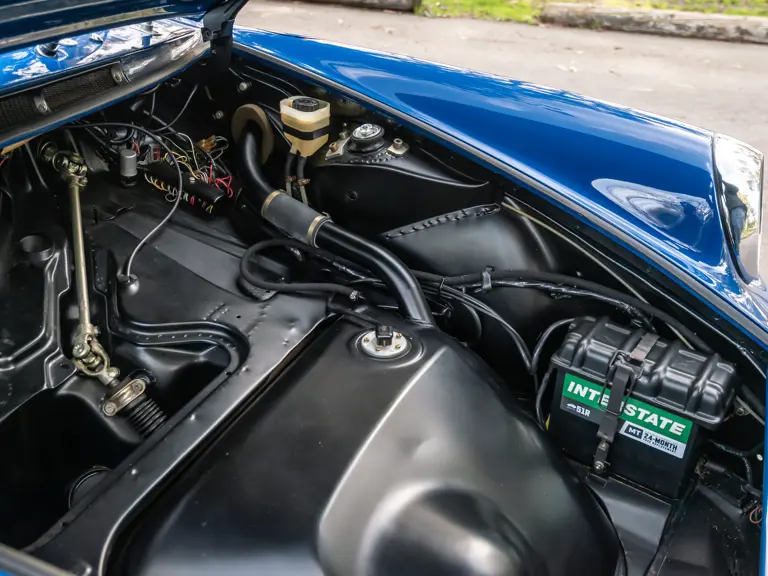
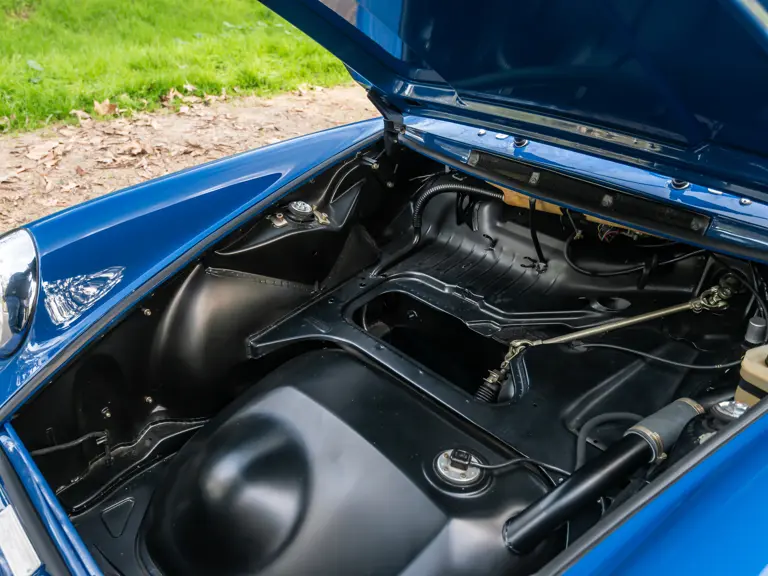
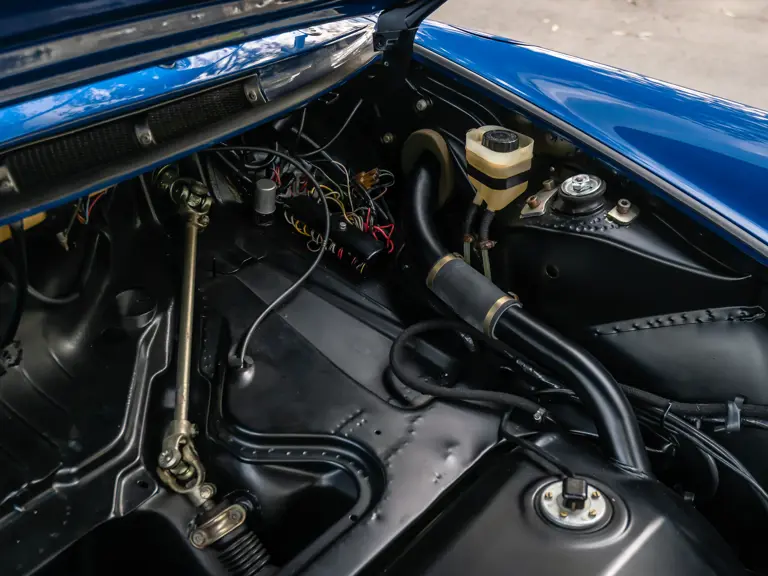
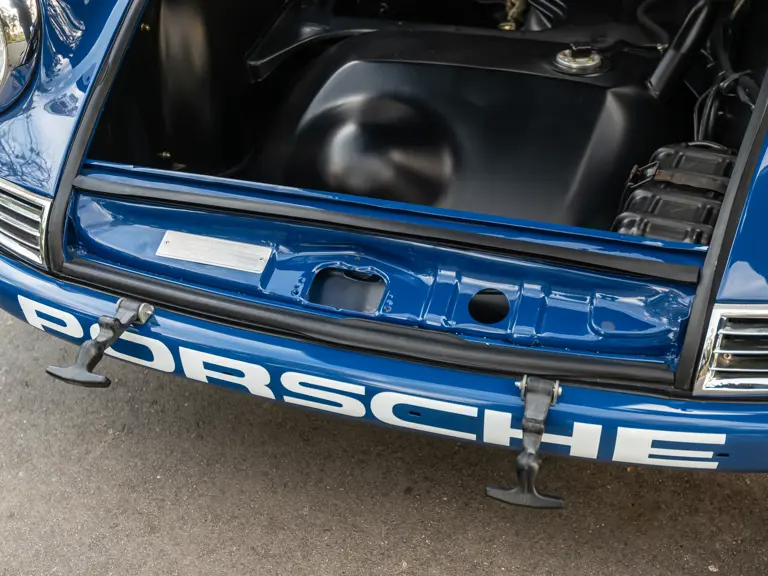
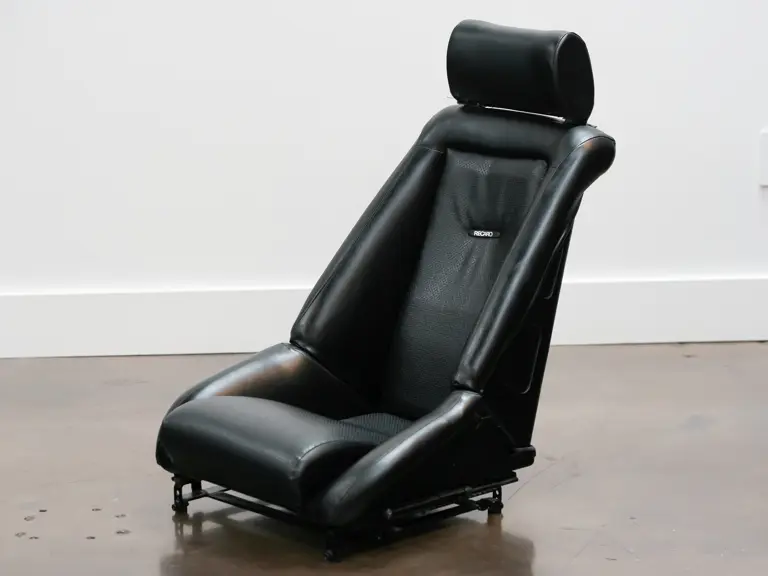
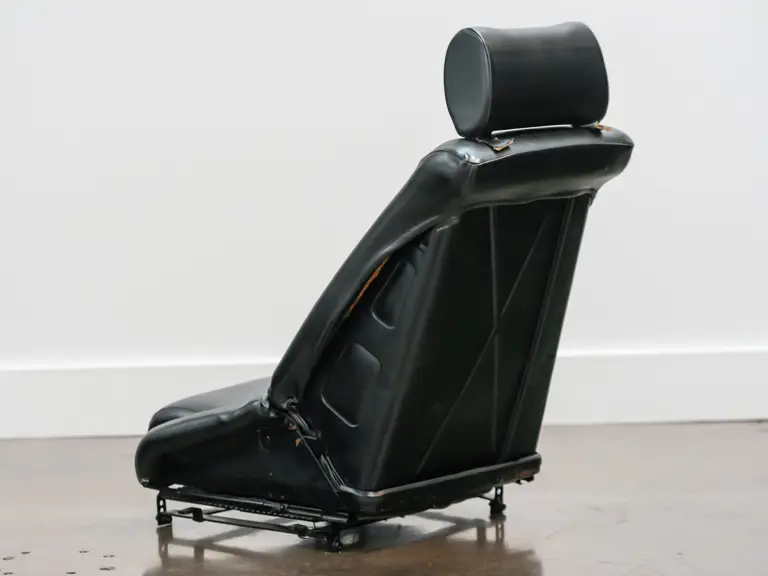
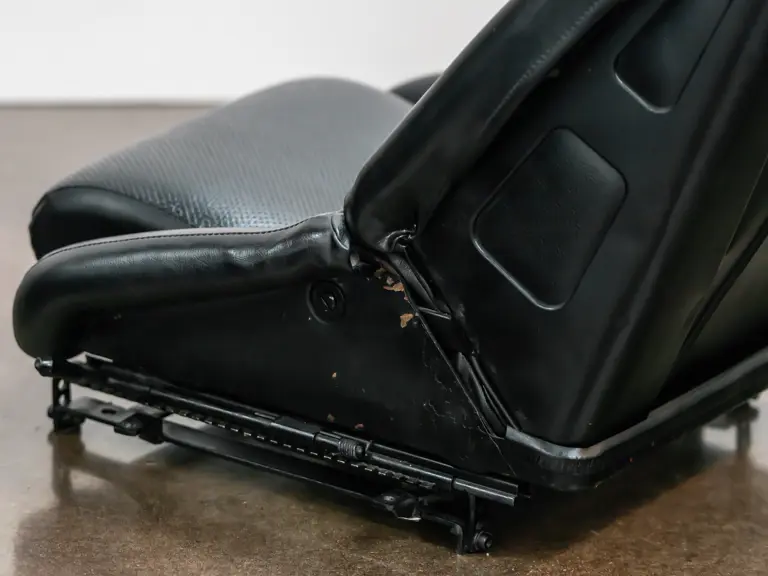
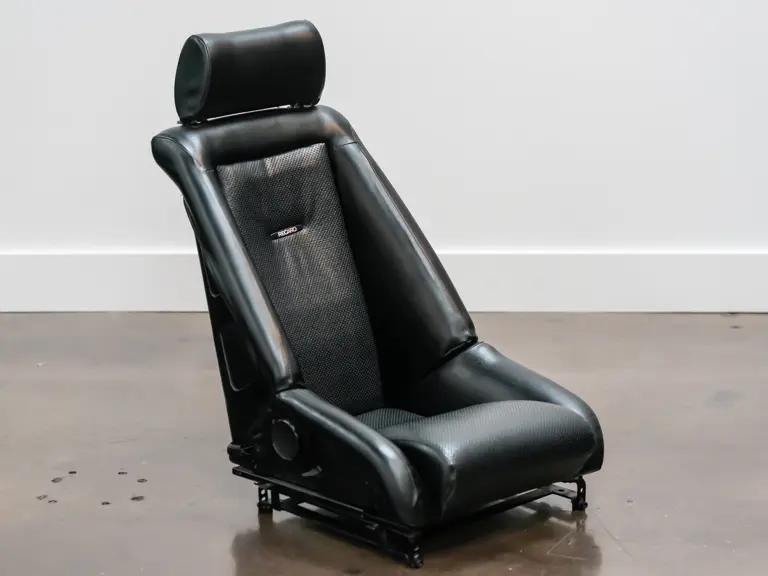
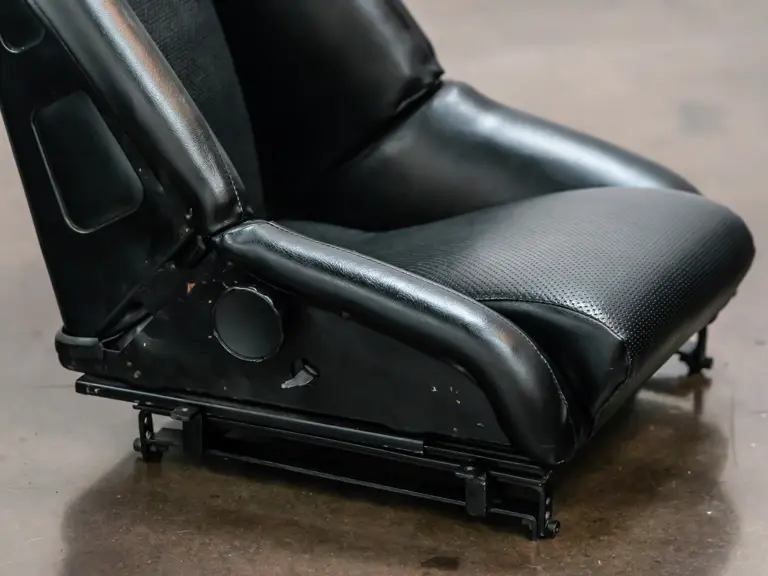
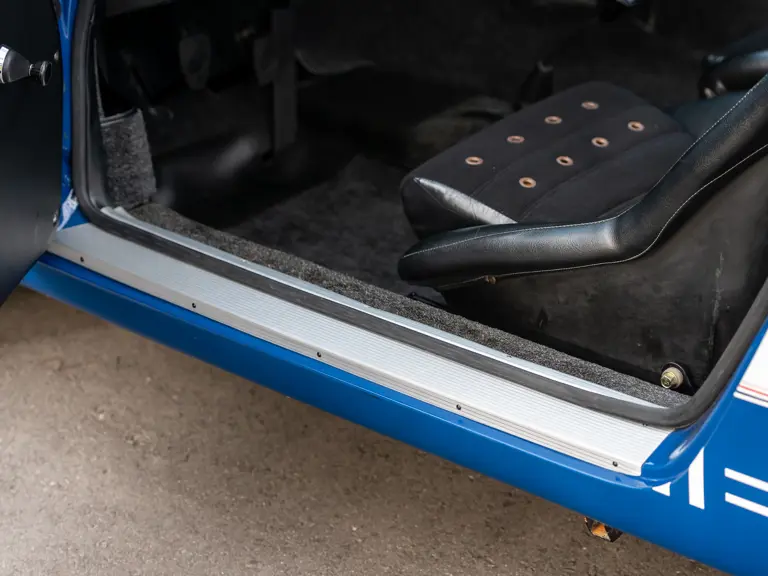
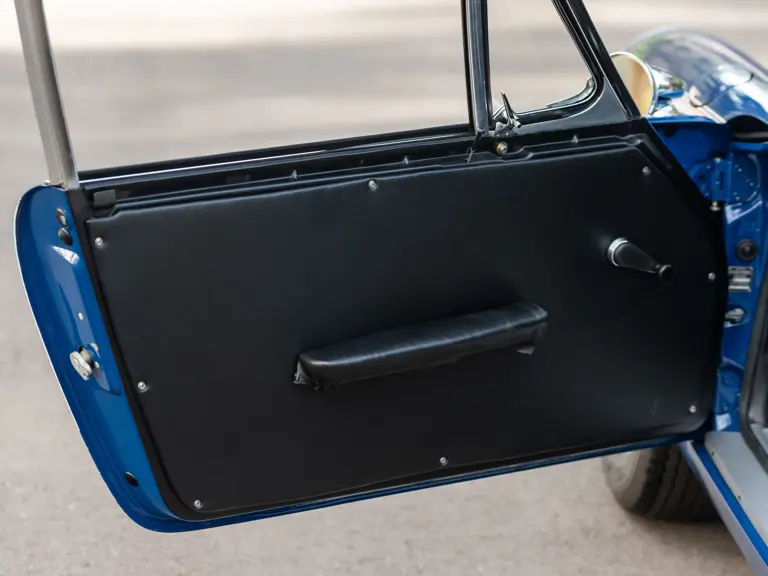
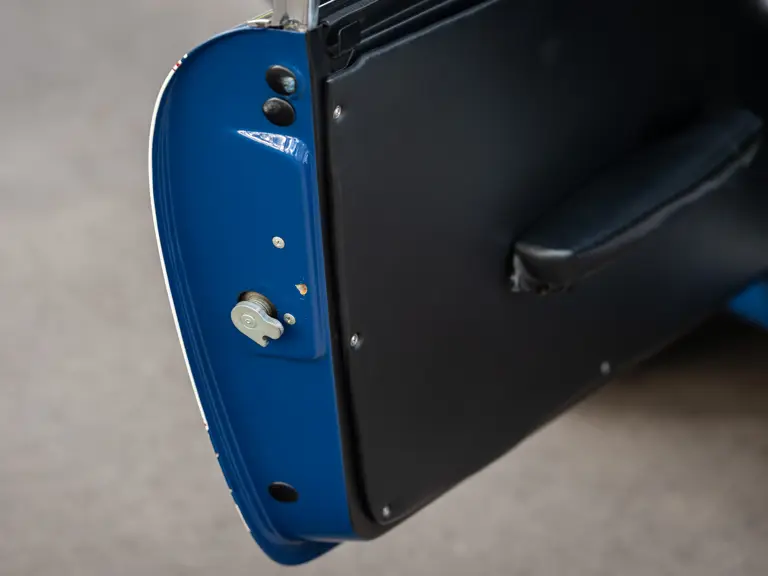
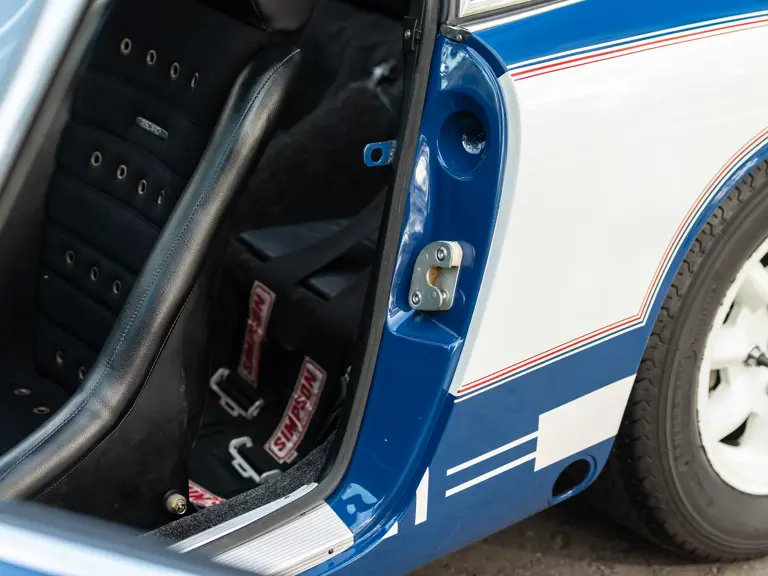
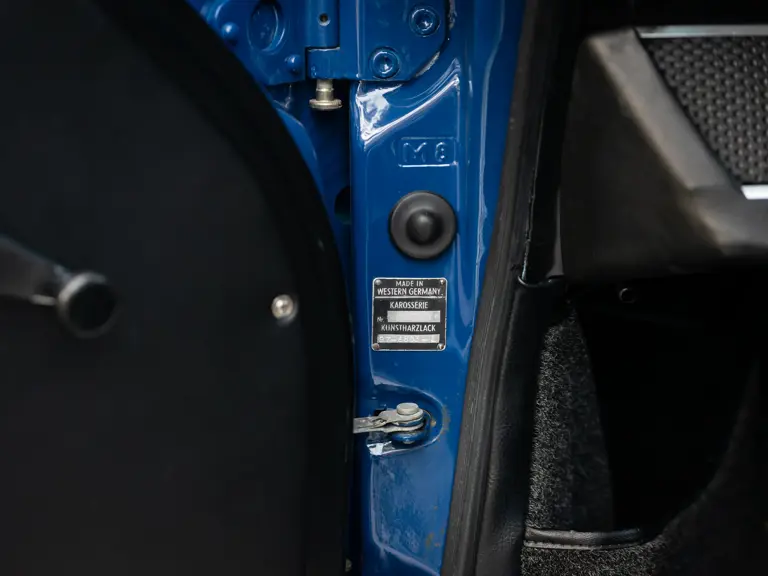
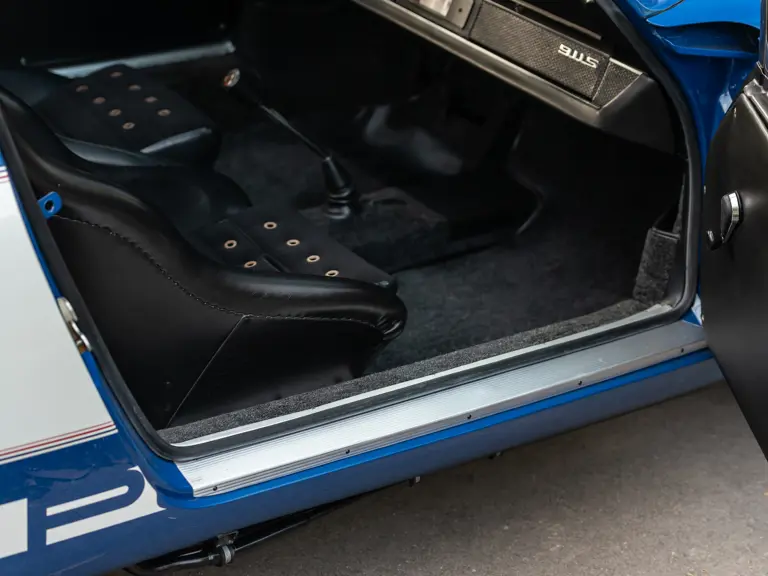
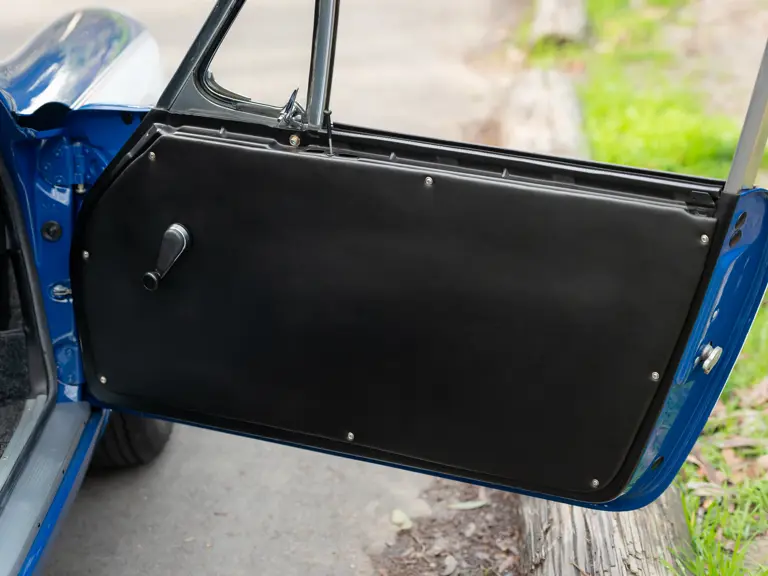
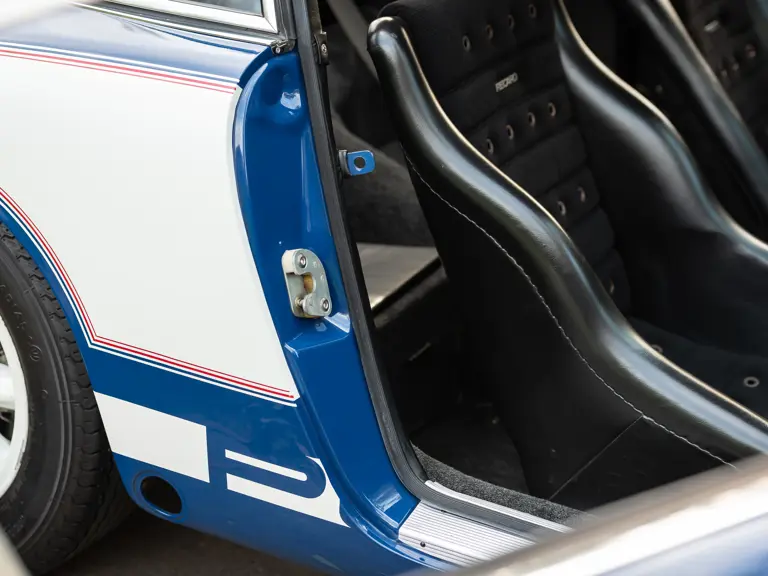
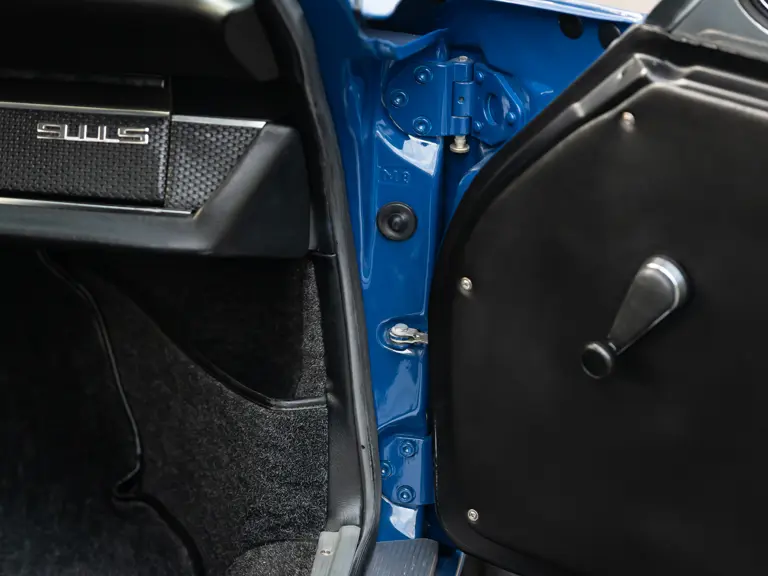
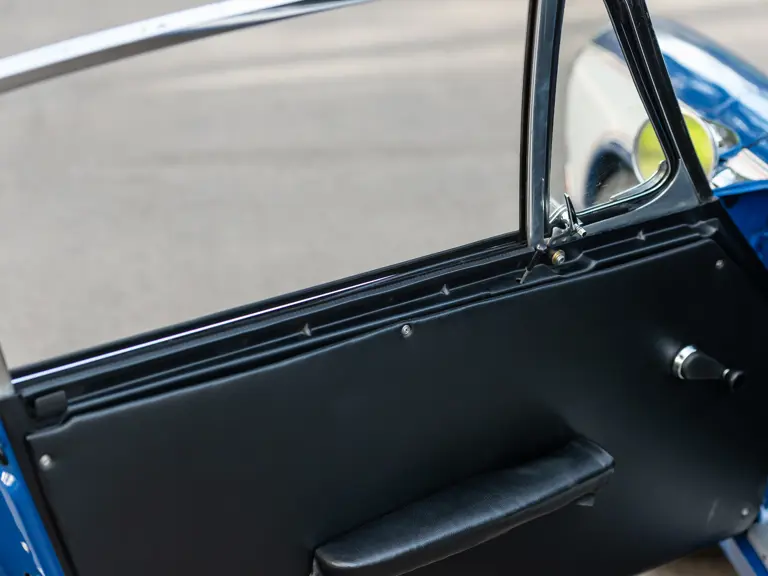
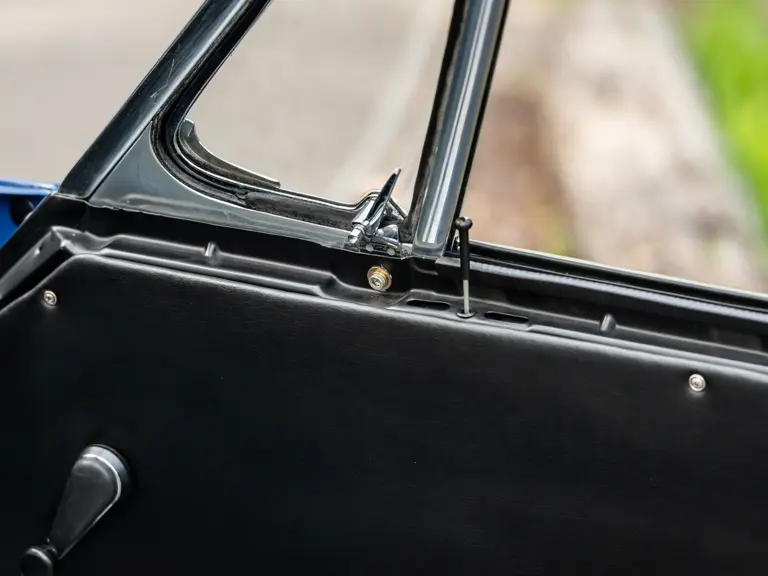
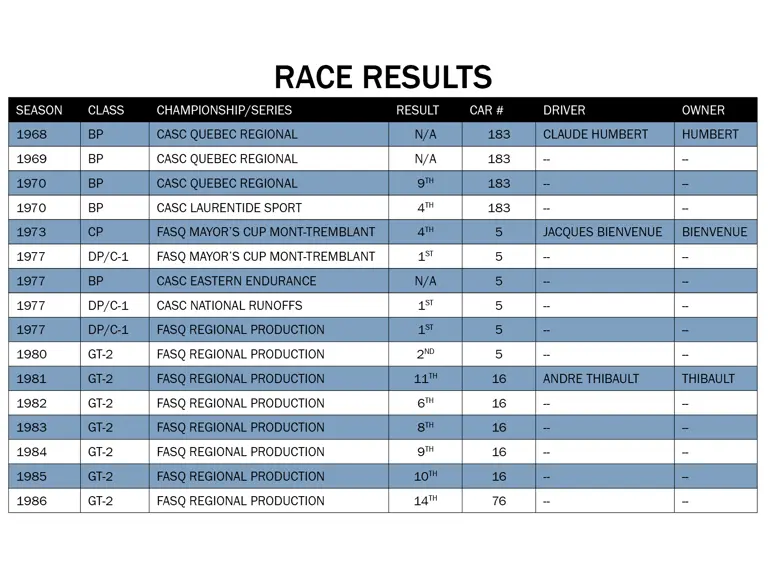
 | Amelia Island, Florida
| Amelia Island, Florida
